Early Years Foundation Stage
At Bridge Learning Campus EYFS, our vision for pupils is to build effective communicators, respectful learners, confident readers, inspired writers, skilled mathematicians and curious scientists. To ensure our children become daring, motivated and ambitious learners, we provide a broad range of experiences and opportunities to practise, graft and refine their skills, in an environment that is planned to reflect their evolving needs and to stretch them further in their learning. Nursery and Reception are warm, engaging and stimulating settings where there is time for a child to form strong attachments and empowered to develop their own interests in play guided by adult modelling and encouragement. Through all we do we celebrate engaged and enthusiastic pupils.
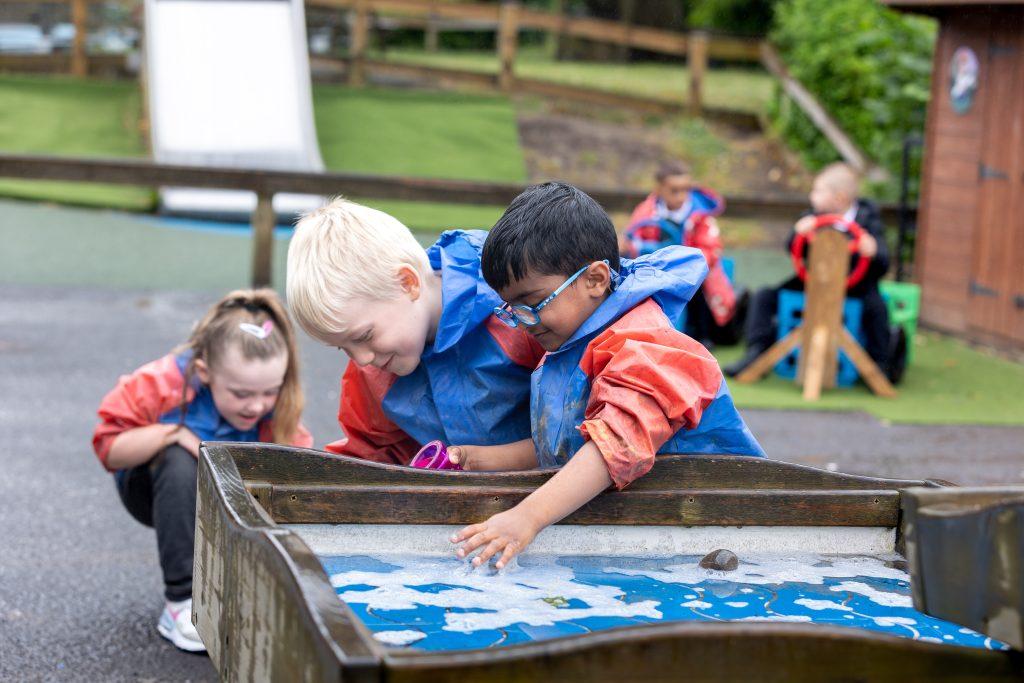
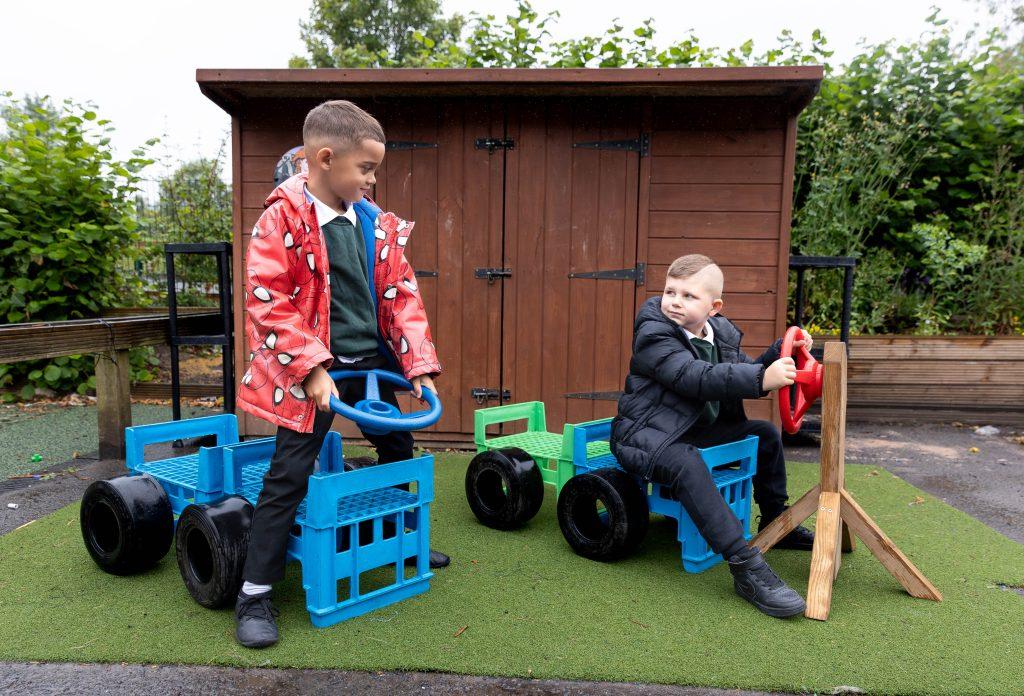
At Bridge Learning Campus we believe that effective EYFS provision relies on:
- building effective relationships and attachments that ensure children feel a strong sense of belonging and have the social and emotional skills to access the EYFS curriculum.
- a collective understanding of the importance of oracy to underpin and support access and development.
- an enabling environment that is matched to the needs of the children, with well-planned provision that supports autonomy.
- an ambitious curriculum, carefully planned and sequenced to help children to build conceptual understanding over time and transition easily into KS1.
- effective pedagogy that takes advantage of a variety of approaches. Children at BLC experience opportunities to learn through play; by adults modelling; by observing each other as well as through guided learning and direct instruction.
- skilled adults who use their knowledge and understanding of child development and the individual needs of the children in their class to engage, support and challenge children in their learning.
- strategic use of formative and summative assessment to shape and structure each child’s individual learning journey so that all children can achieve and succeed, and ensuring all pupils make progress towards the ELG’s.
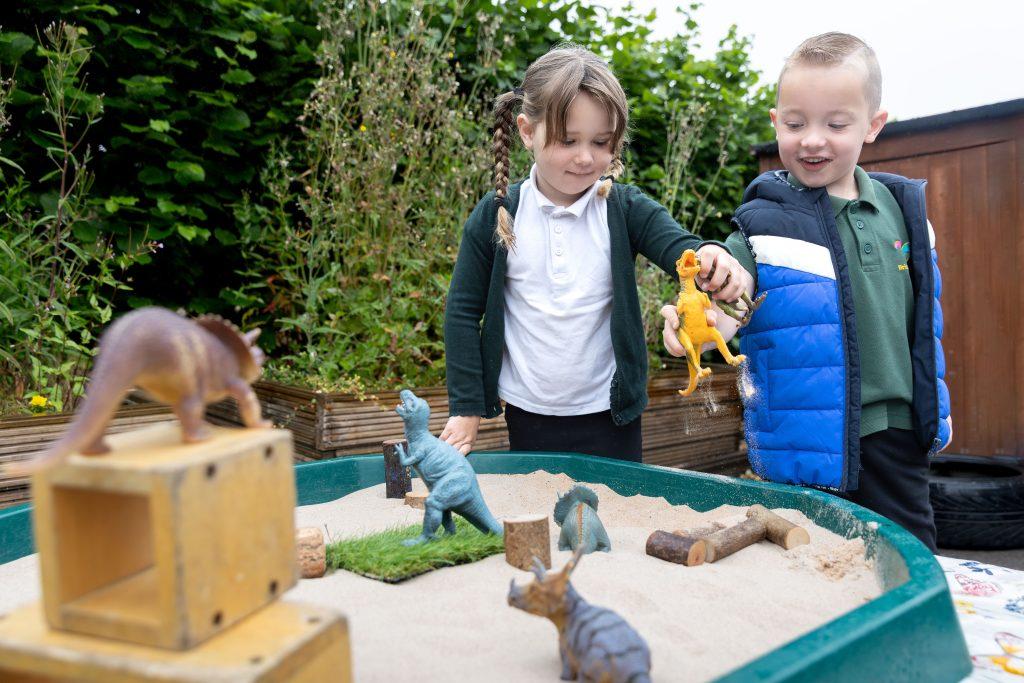
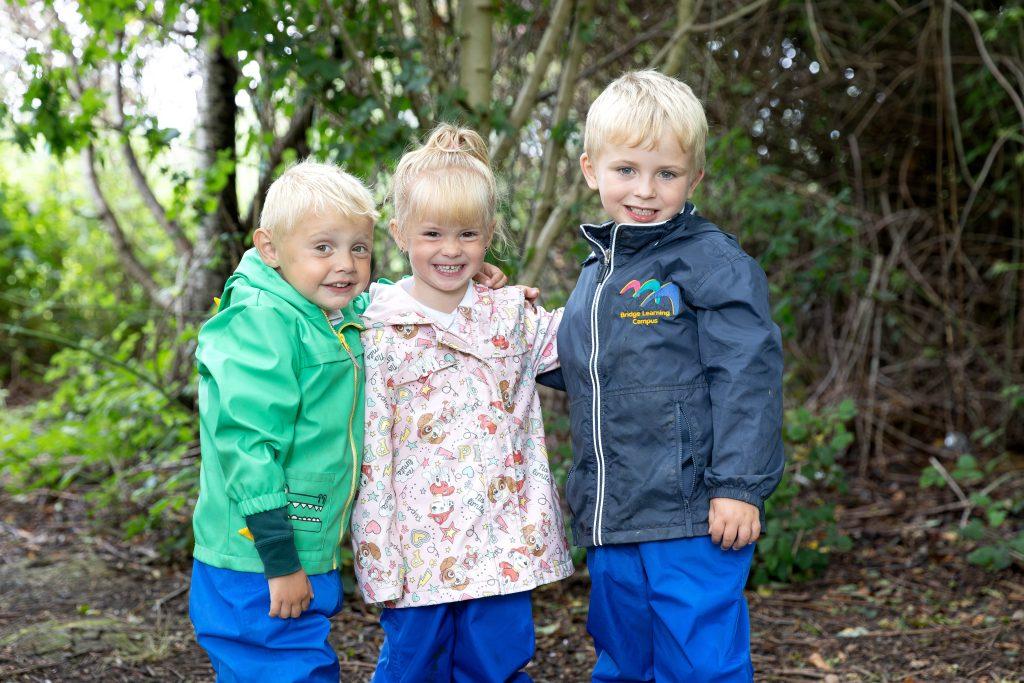
At Bridge Learning Campus we believe that every child deserves the best start to their education to enable them to make the most of future opportunities and reach their full potential. We uphold high expectations around what our children can achieve, and a relentless collective focus on success for every pupil, regardless of starting point. We believe evidence from cognitive science provides a clear model for teaching and learning, so we take an explicit instruction approach to teaching and learning which is implemented consistently and reflectively by all members of staff to enable mastery through a ‘gradual release of responsibility model’, ‘I do, we do, you do’. This ensures that children are clear what they need to do; have been shown how to do it; have appropriate scaffolds when needed and receive effective feedback to stay on track.
At Bridge Learning Campus, our practice is shaped by the EYFS statutory framework and it’s four overarching principles:
- Every child is a unique child, who is constantly learning and can be resilient, capable, confident, and self-assured.
- Children learn to be strong and independent through positive relationships.
- Children learn and develop well in enabling environments with teaching and support from adults, who respond to their individual interests and needs and help them to build their learning over time. Children benefit from a strong partnership between practitioners and parents and/or carers.
- Children develop and learn at different rates. The framework covers the education and care of all children in early years provision, including children with special educational needs and disabilities (SEND).

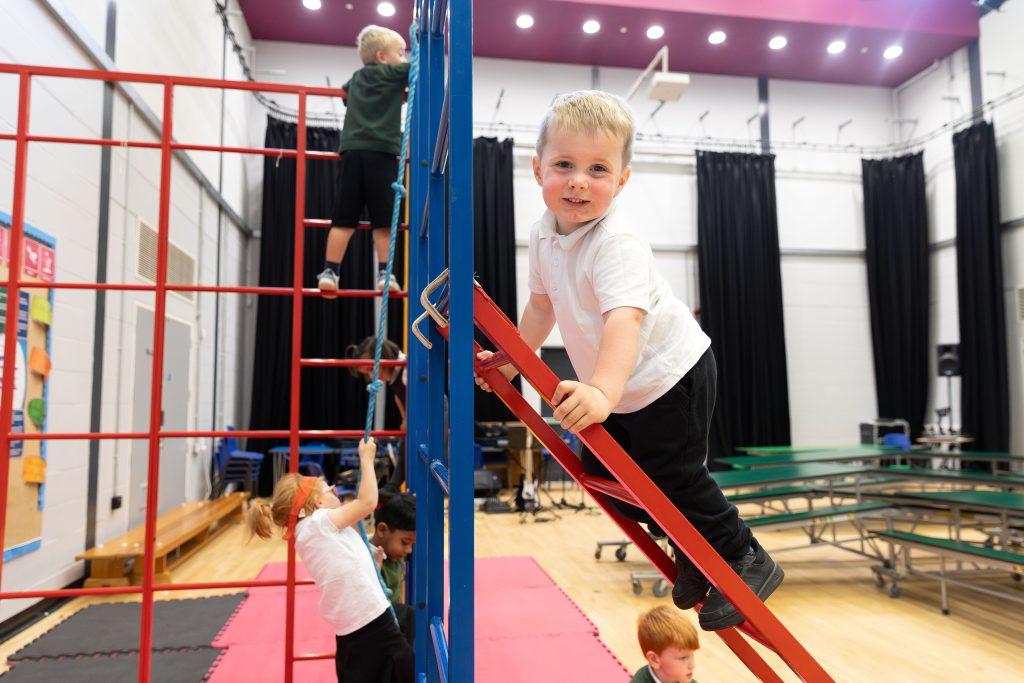
Curriculum
The curriculum encompasses everything we teach inside and outside of the classroom and has been carefully designed to be demanding and ambitious, to support progress towards meeting the Early Learning Goals, and to connect to the knowledge and skills pupils need to progress with ease into KS1.
Our curriculum has been planned to cover the seven areas of learning, and we consider all those areas of learning and development to be important and inter-connected.
We embrace the three prime areas:
- communication and language
- physical development
- personal, social and emotional development.
These are then strengthened and applied through the four specific areas:
- literacy
- mathematics
- understanding the world
- expressive arts and design
Woven throughout our curriculum are the three Characteristics of Effective Learning.
- playing and exploring – we encourage children to investigate, participate in experiences, and ‘have a go’.
- active learning – we support children to concentrate and keep on trying if they encounter difficulties and to enjoy their achievements.
- creating and thinking critically – we allow children to develop their own ideas, make links between ideas, and develop strategies for doing things.
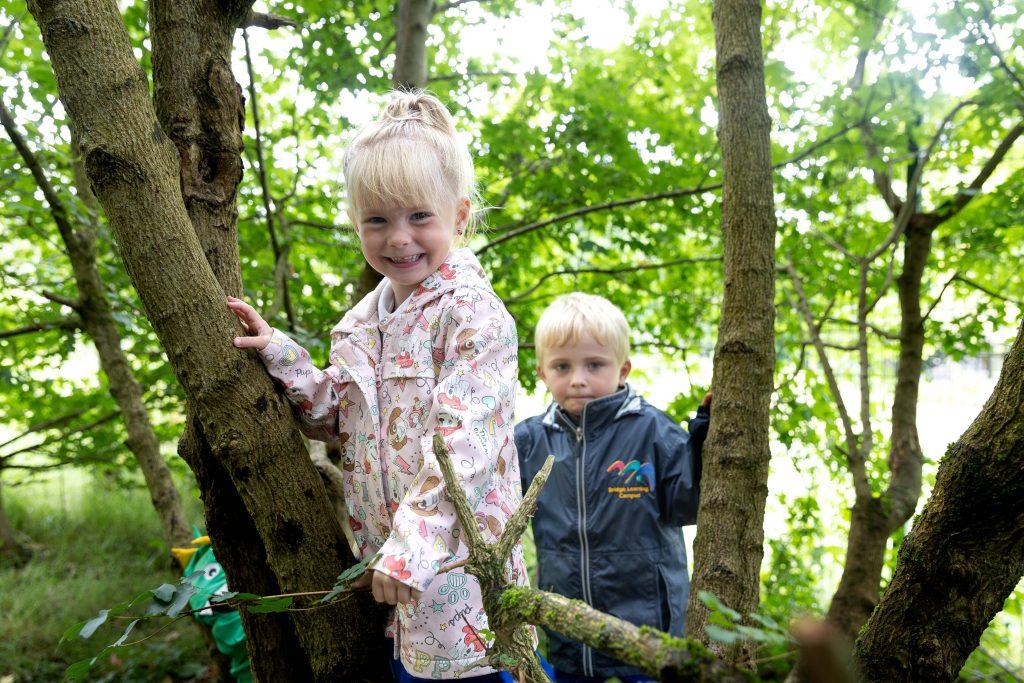

These elements underpin how we reflect on each child’s development and adjust our practice accordingly.
Supporting children in their individual learning behaviour and observing the context of children’s play is essential, so that the end of Reception, we can use the ELG’s to make a holistic, best-fit judgement about each child’s development, and their readiness for year 1.
The CUSP Early Foundations Framework
In EYFS, we follow CUSP Early Foundations, we teach this through daily Structured Story Times where we read and enjoy a new book every week. We explore the theme within each book throughout the week through a range of activities that link to the 7 areas of Learning in the Early Years (Communication and Language, Physical Development, Personal, Social and Emotional Development, Literacy, Mathematics, Understanding the World and Expressive Art and Design). Some of our books/ themes include, The Squirrel Who Squabble (Seasons), William Bee’s Things That Go (Transport), Mr Wolfs Pancakes (Shrove Tuesday), Winnie-the-Pooh Helps the Bees (Environments & Living Things) and Standing up to Racism (Inclusivity), to name a few.
Our CUSP Early Foundations Curriculum is structured into three key elements:
1. Foundational Knowledge
🔹 Clearly defined knowledge and skills that children should acquire throughout EYFS.
🔹 Ensures children develop early literacy, numeracy, and understanding of the world.
🔹 Explicit teaching and play-based learning reinforce understanding.
2. Opportunities and Experiences
🔹 Carefully planned direct teaching, guided activities, and continuous provision.
🔹 Encourages exploration, experimentation, and active learning.
🔹 Provides real-life, hands-on experiences that deepen understanding.
3. Structured Storytime
📚 A carefully curated literature spine featuring 25 core texts.
📖 Explicit vocabulary teaching to develop comprehension, reasoning, and articulation.
🗣 Fluency, oracy, and drama – Engaging children in structured discussions, role-play, and storytelling.
This framework ensures that learning is structured, intentional, and responsive to children’s needs.
The CUSP EYFS Curriculum: A Thematic and Sequential Approach
Personal, Social, and Emotional Development (PSED)
🤝 Developing self-regulation, resilience, and emotional literacy.
🗣 Encouraging positive interactions, turn-taking, and respectful communication.
🌍 Learning about friendships, diversity, and social responsibility.
Communication and Language
📖 Daily structured storytime to develop listening, comprehension, and expressive language.
🔄 Explicit vocabulary instruction, systematically revisited and interwoven across all subjects.
🎭 Drama, role-play, and enriched interactions to build confidence in speaking.
🗣 Wellcomm Language Assessment – Used to track and support early speech and communication development.
Physical Development
🏃 Gross motor skills – Strengthening core muscles through movement, outdoor play, and balance activities.
✍️ Fine motor skills – Developing early writing through mark-making, pencil control, and manipulative tasks.
🎾 Physical Literacy Interventions – Led by our PE Coaches to enhance physical development, motor skills, and coordination.
🏋️ Extra Physical Development Sessions – Targeted interventions designed to support motor skills, spatial awareness, and self-confidence in movement.
Literacy
📚 Phonics (Read Write Inc.) – Systematic, structured teaching of early reading and spelling.
📖 High-quality texts and storytelling – Introducing rich language, deep concepts, and critical thinking.
✍️ Early writing development – Encouraging mark-making, name writing, and sentence formation with purpose and meaning.
Mathematics: Number Sense
🔢 Our EYFS maths curriculum follows the Early Years Number Sense Programme, ensuring:
✔ Deep conceptual understanding through small, sequenced steps.
✔ Fluency in number recognition, counting, and early problem-solving.
✔ Strong mathematical language and reasoning skills.
✔ Hands-on learning through manipulatives, songs, and real-world experiences.
🏃 Physical Maths – Using outdoor activities and movement to reinforce key mathematical concepts in an engaging way.
🔬 STEM Exploration – Encouraging problem-solving, investigation, and practical application of mathematical thinking.
This structured approach ensures that children develop confidence in mathematical thinking from an early age.
Understanding the World
🌍 Exploring local communities, seasonal changes, and simple geography.
🔬 Encouraging curiosity about nature, science, and technology.
🎭 Celebrating cultural diversity and traditions through meaningful experiences.
💡 STEM-based learning activities – Encouraging scientific enquiry, engineering thinking, and problem-solving skills through hands-on exploration.
Expressive Arts and Design
🎨 Exploring colour, texture, and artistic expression through painting and model-making.
🎼 Engaging in music, dance, and performance to develop creativity and confidence.
🎭 Using role-play and storytelling to deepen imaginative thinking and narrative development.
This thematic approach ensures broad, balanced, and interconnected learning.
Nursery Reading Book Spine
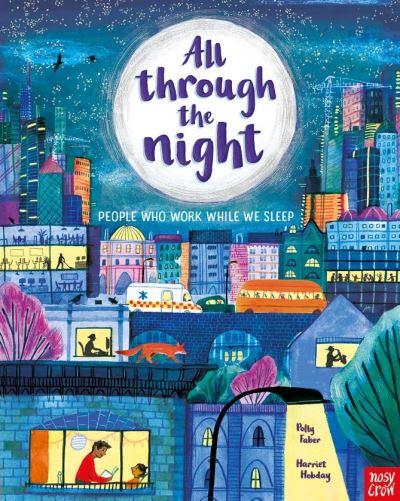
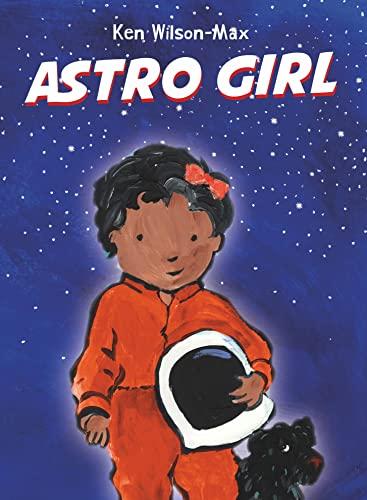
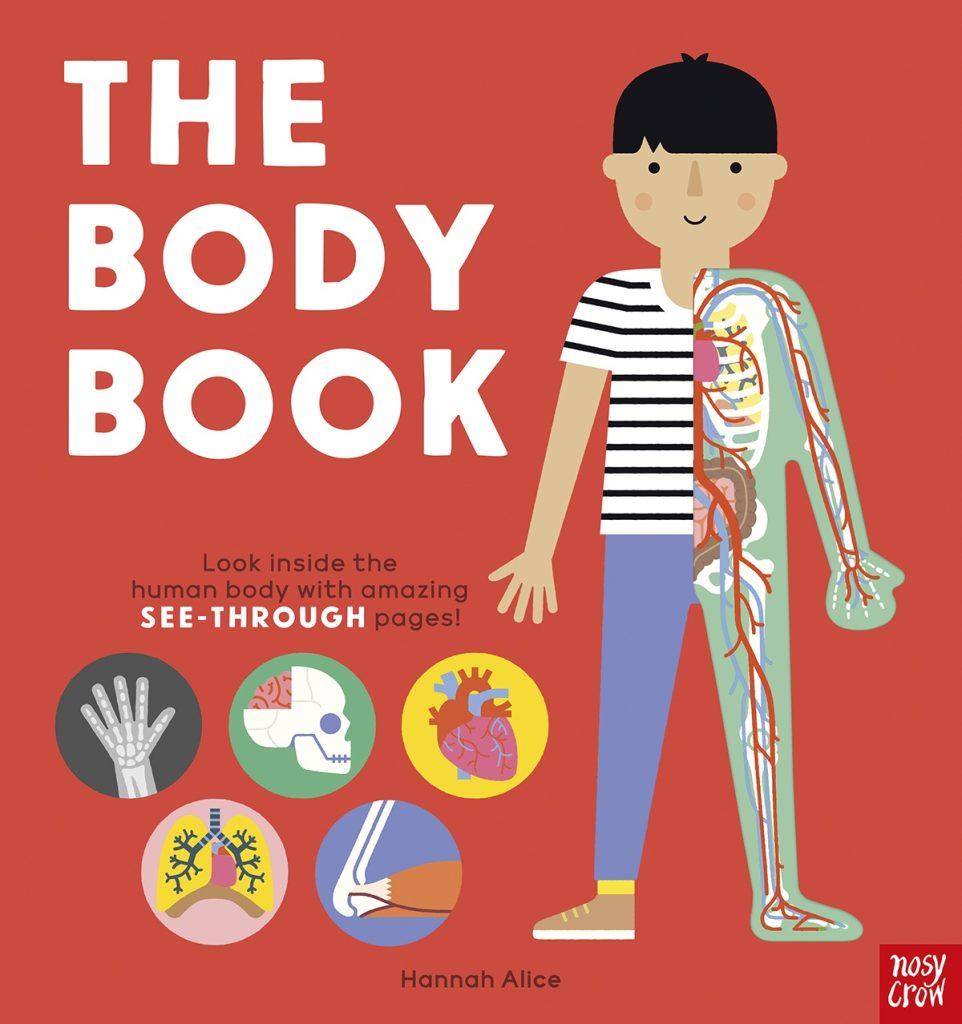
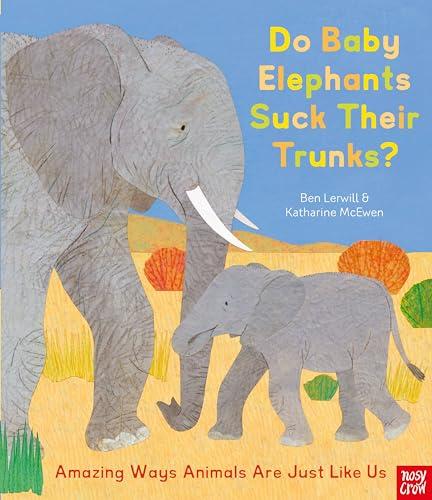
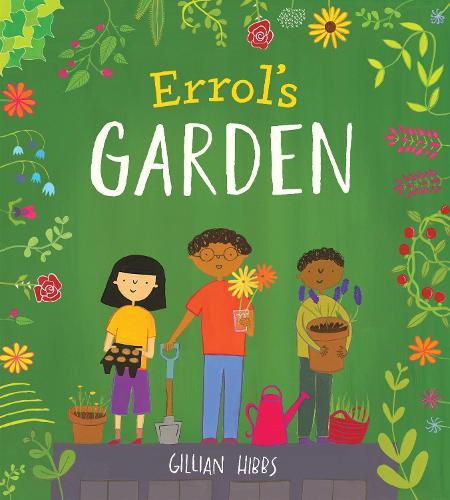
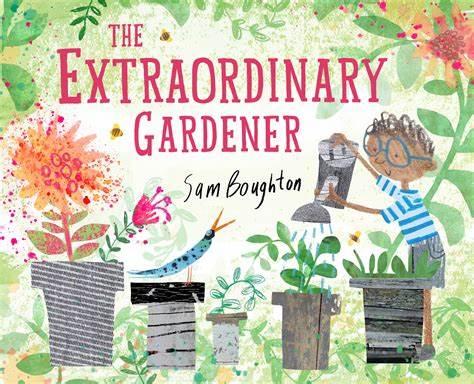
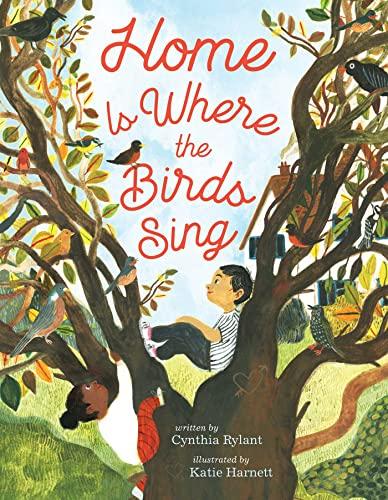
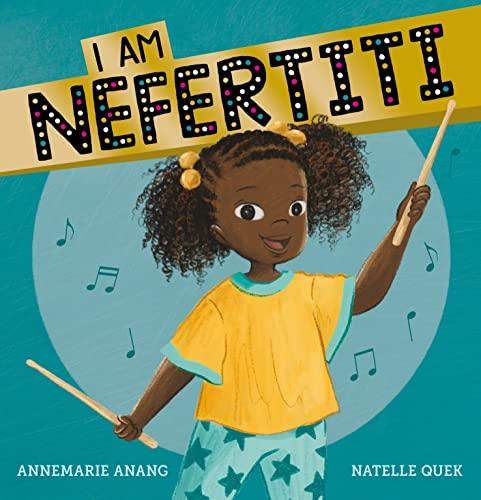

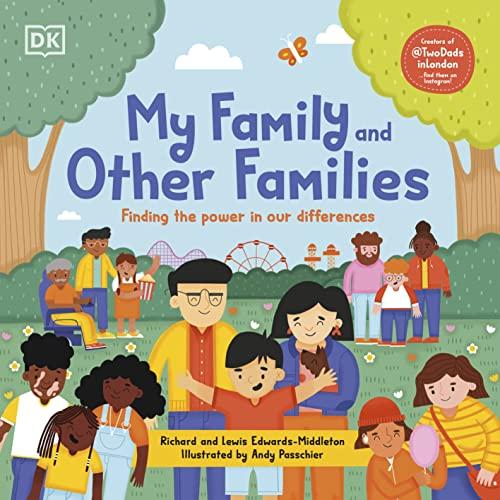
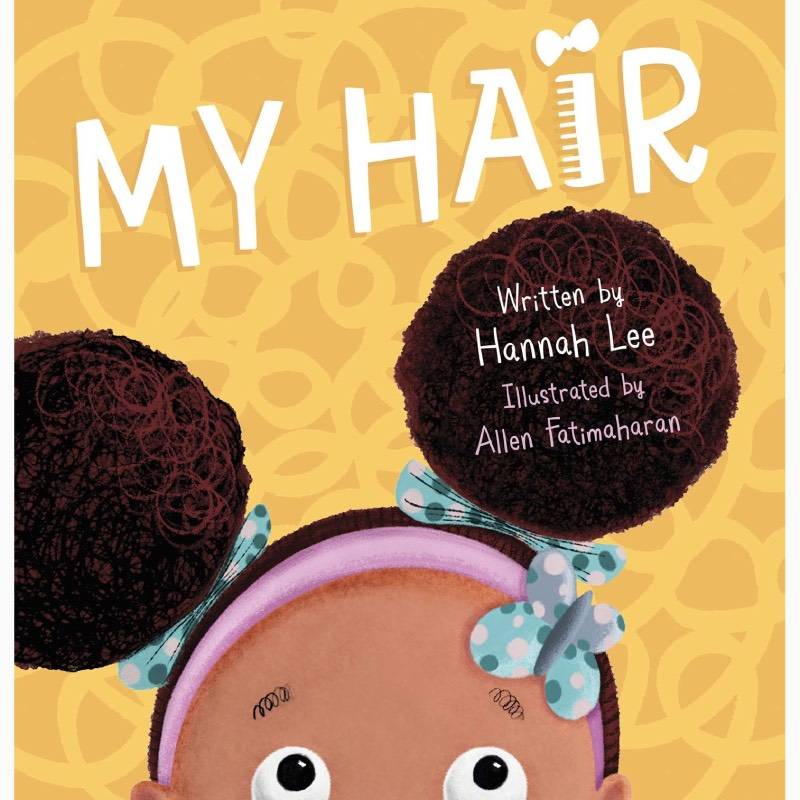
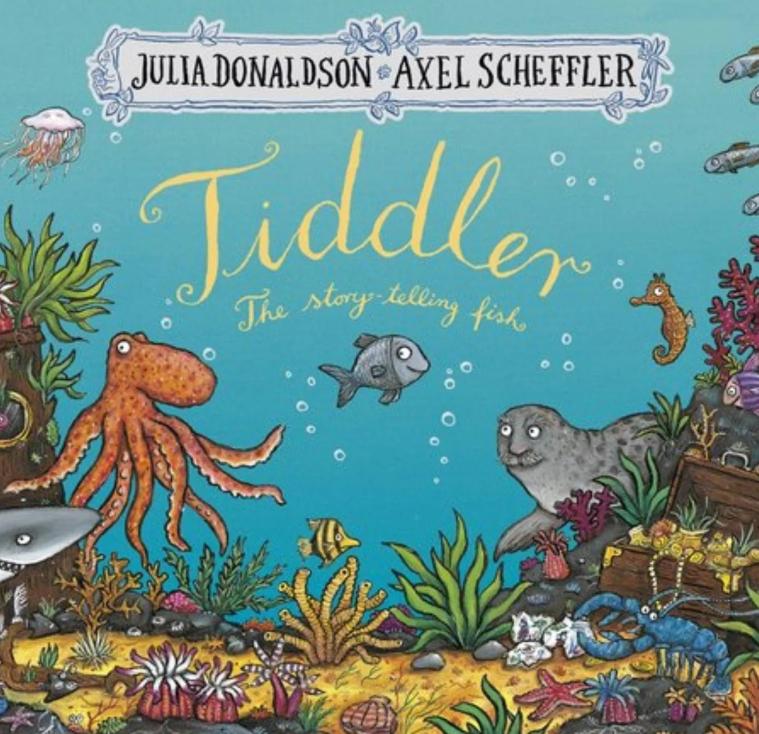
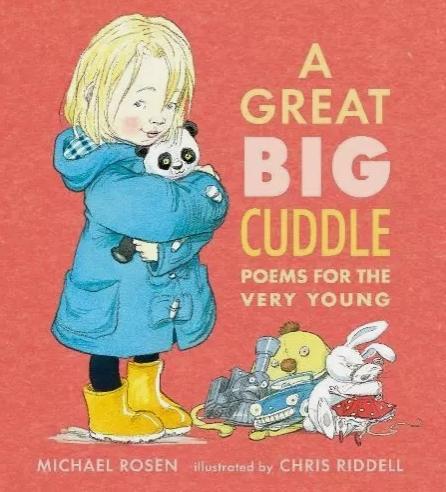
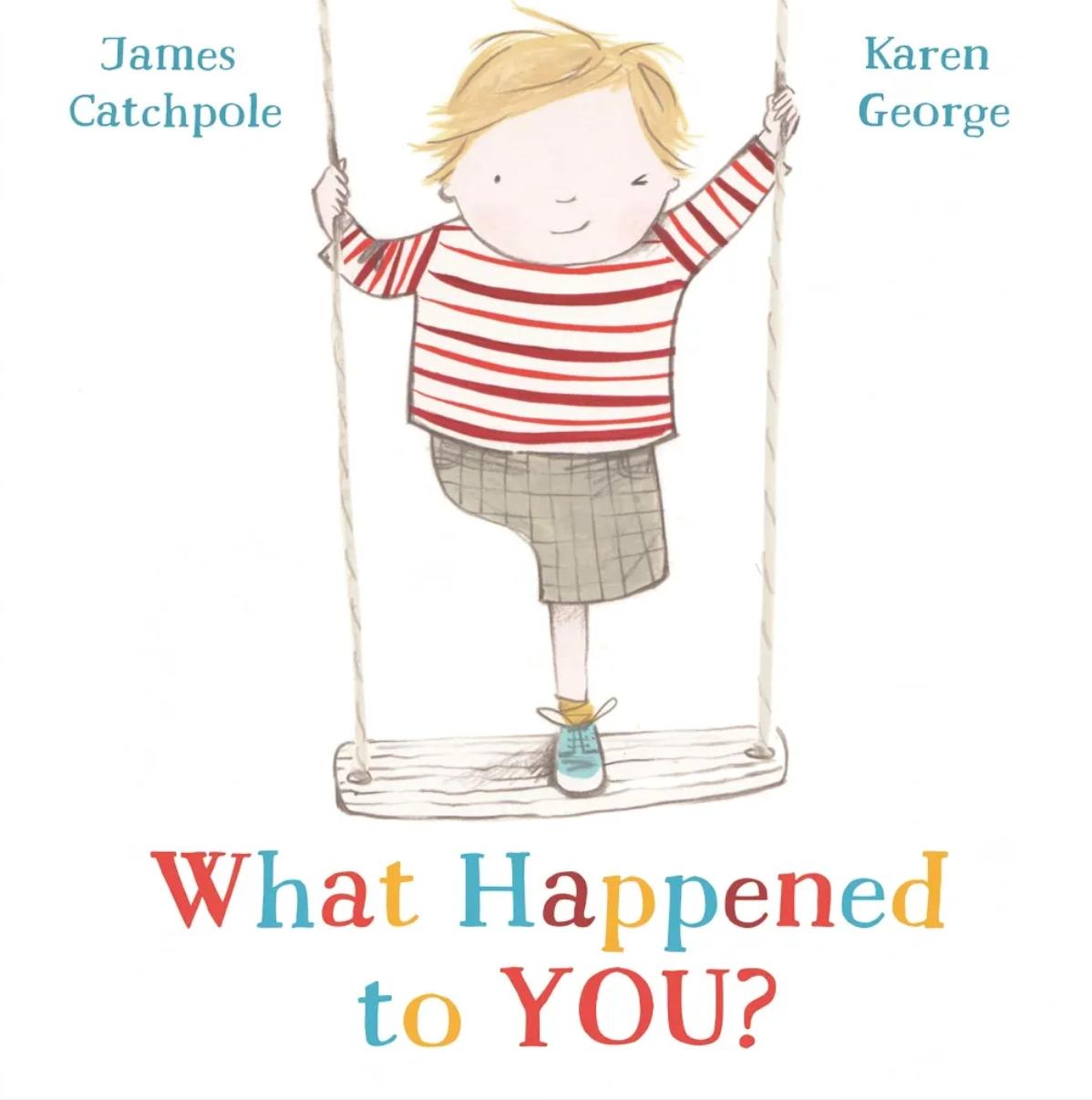
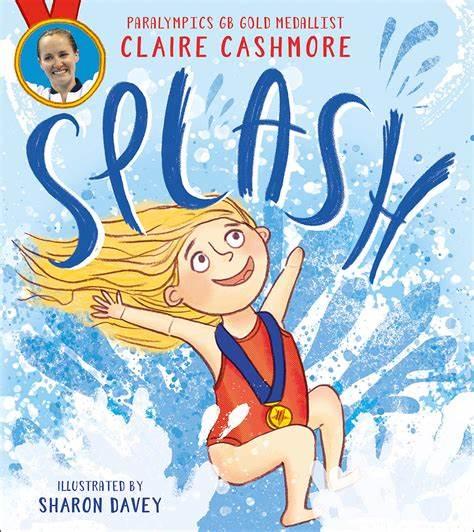
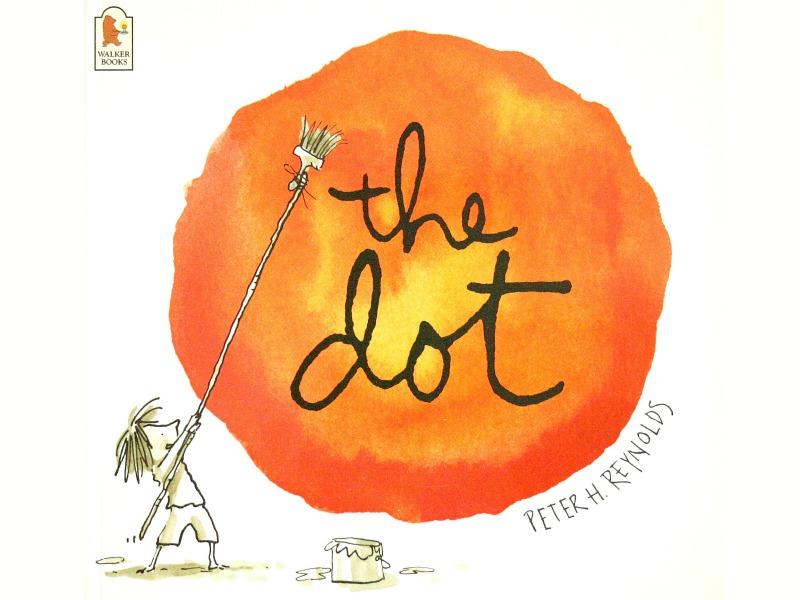
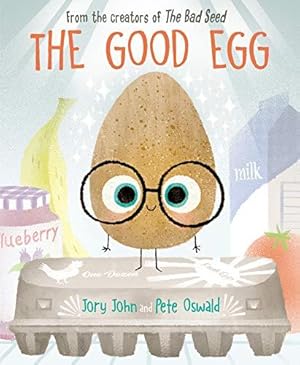
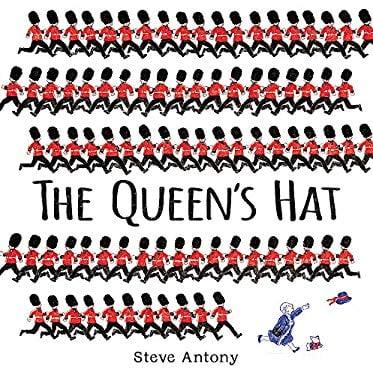
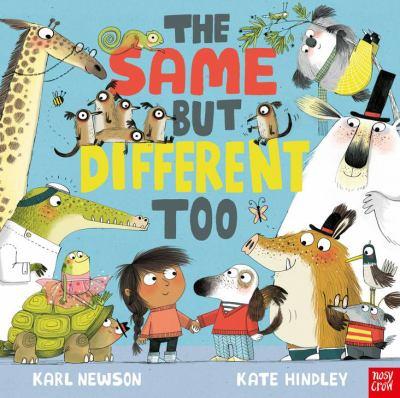
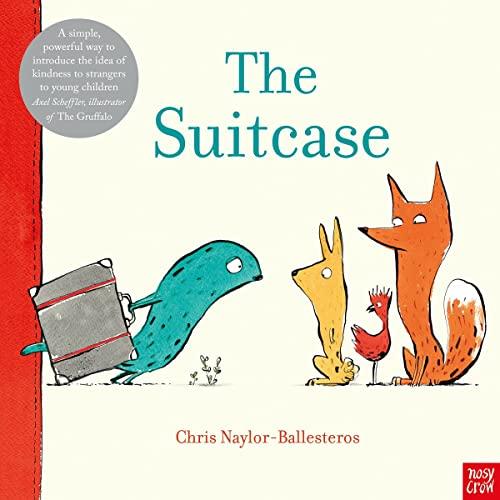
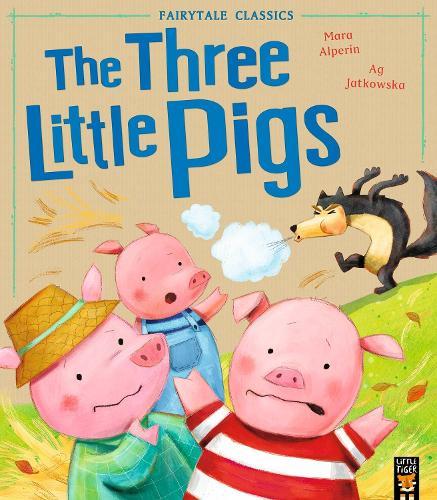
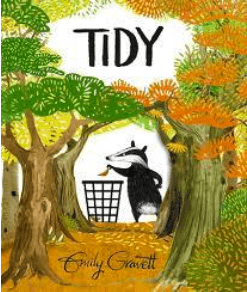
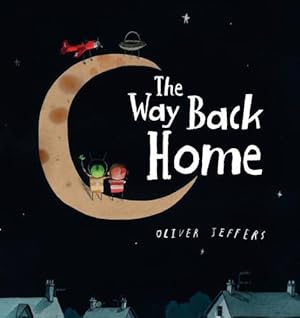
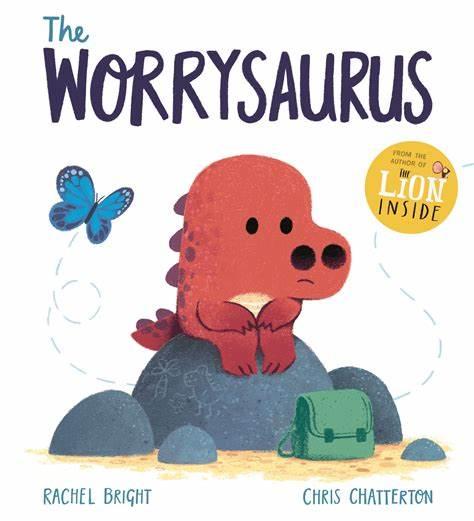
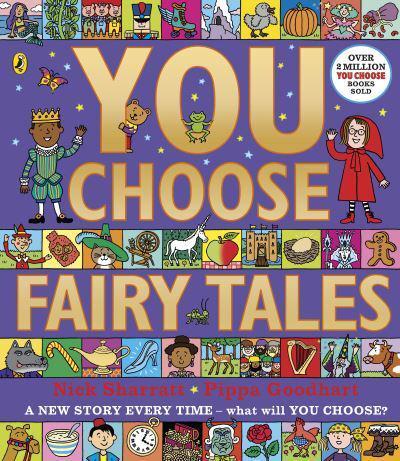
Reception Reading Book Spine
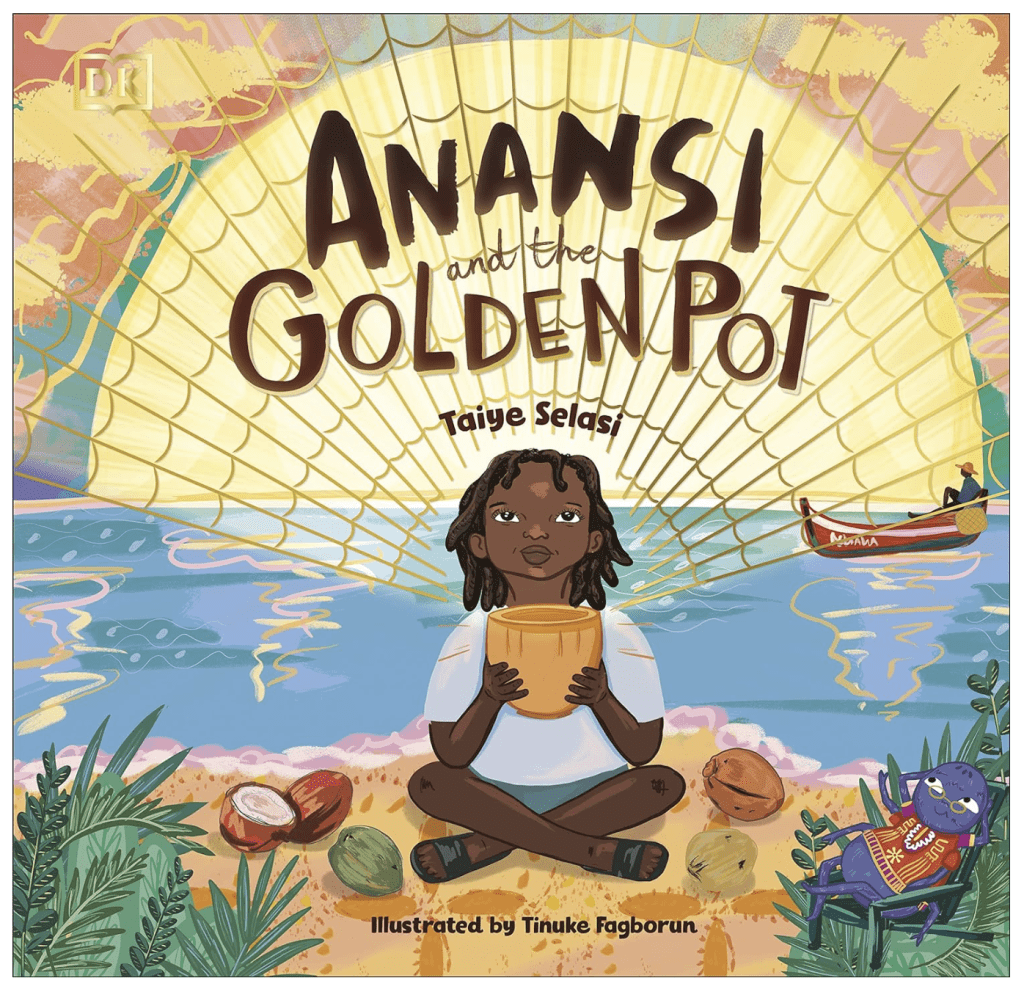
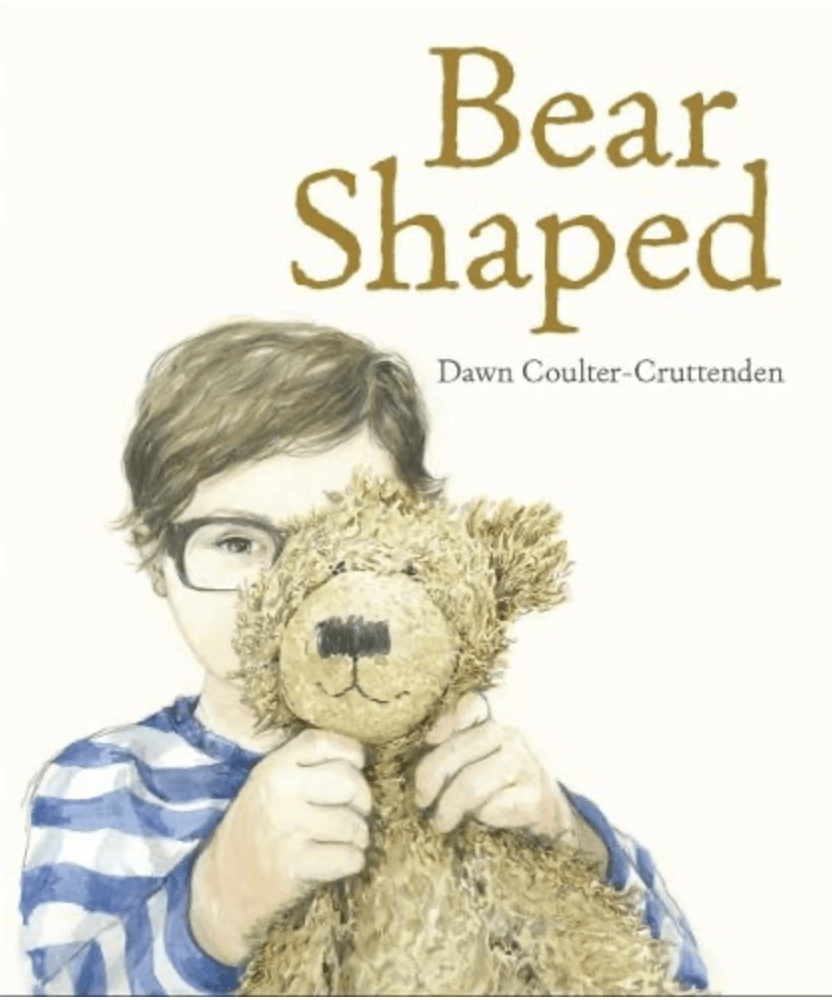
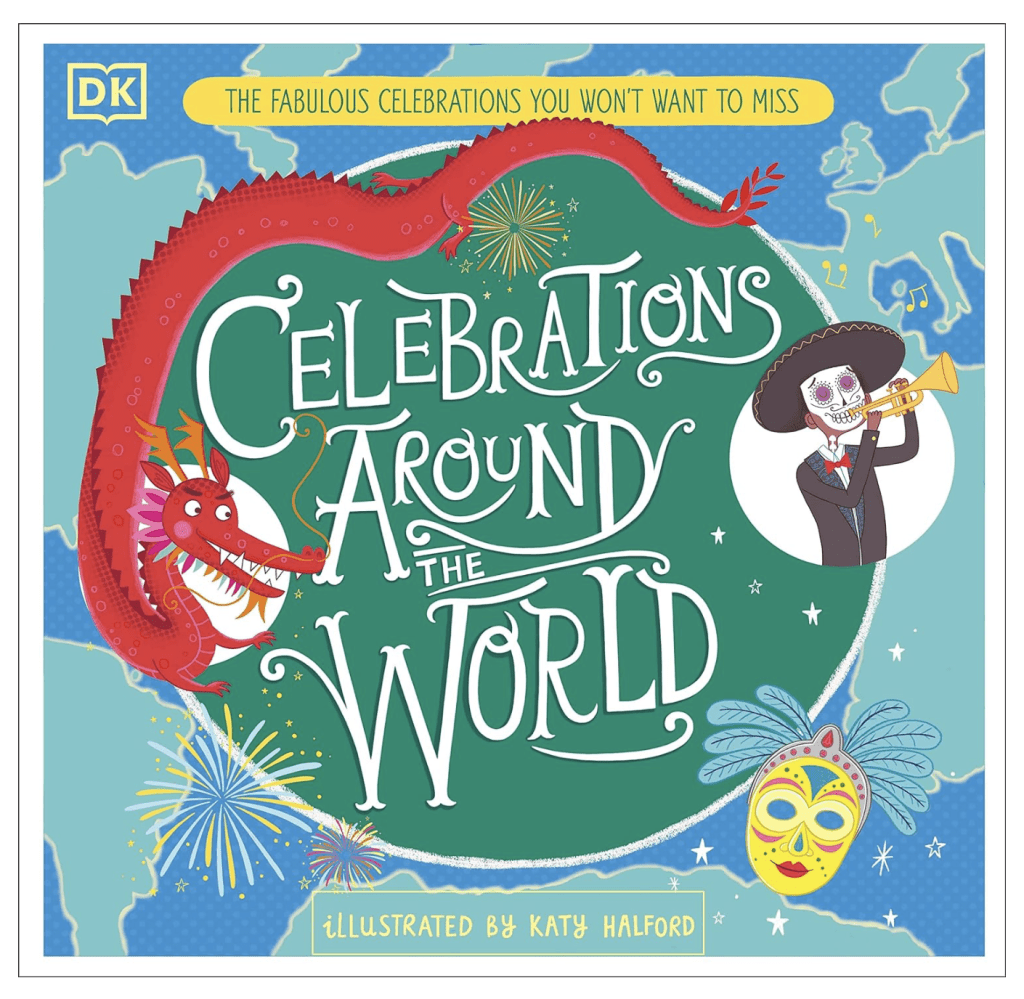
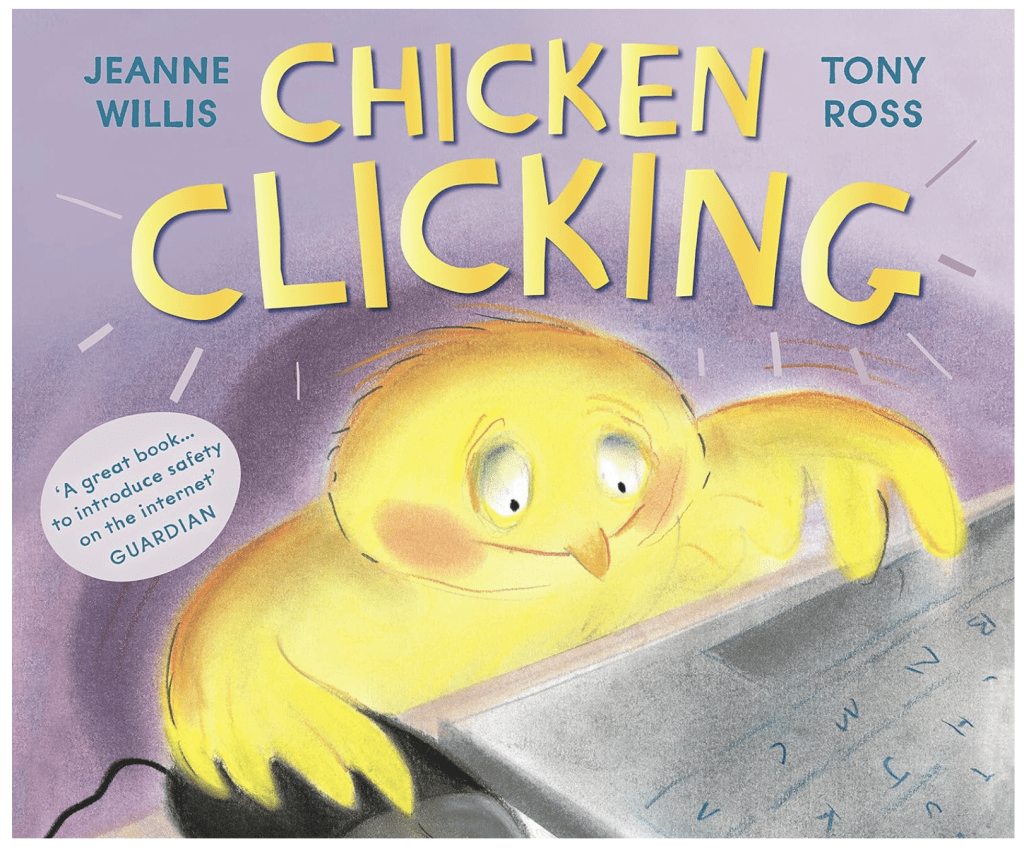
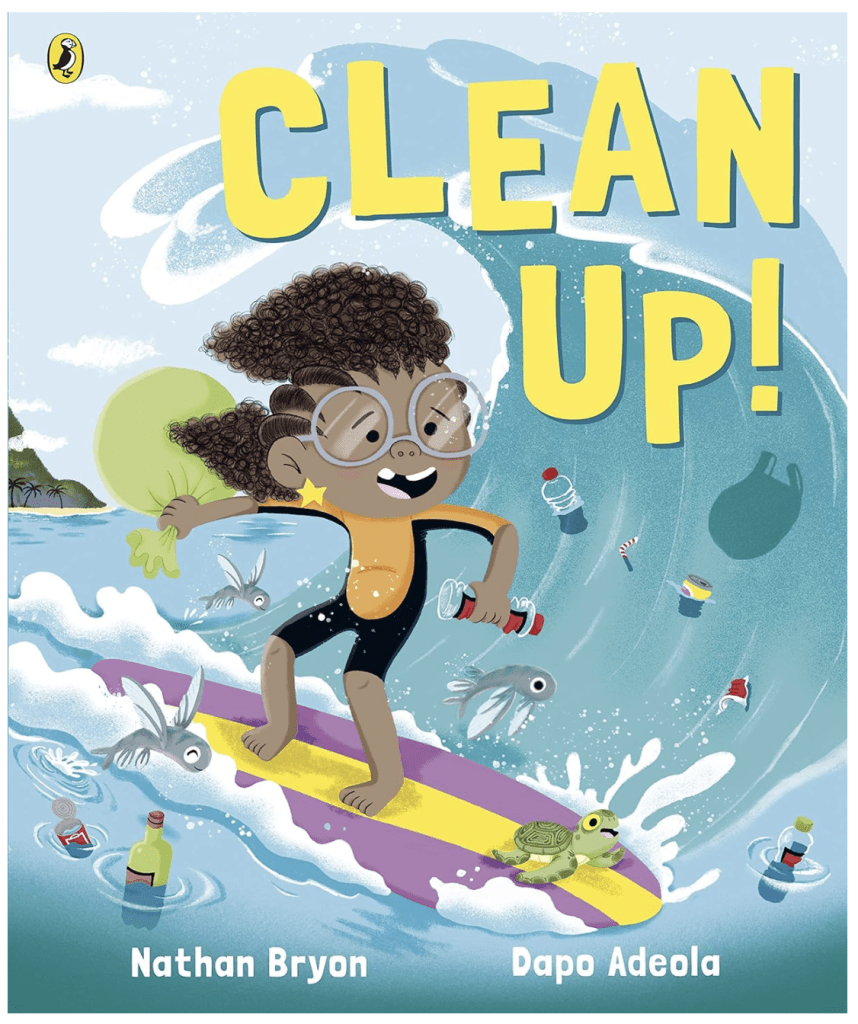
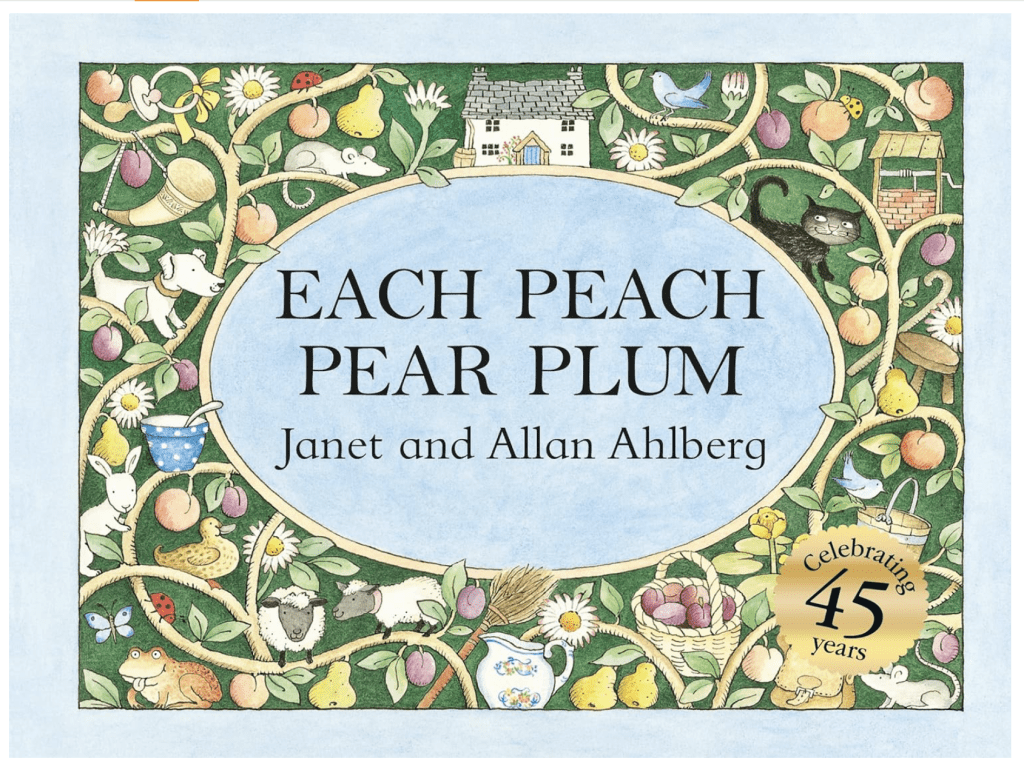

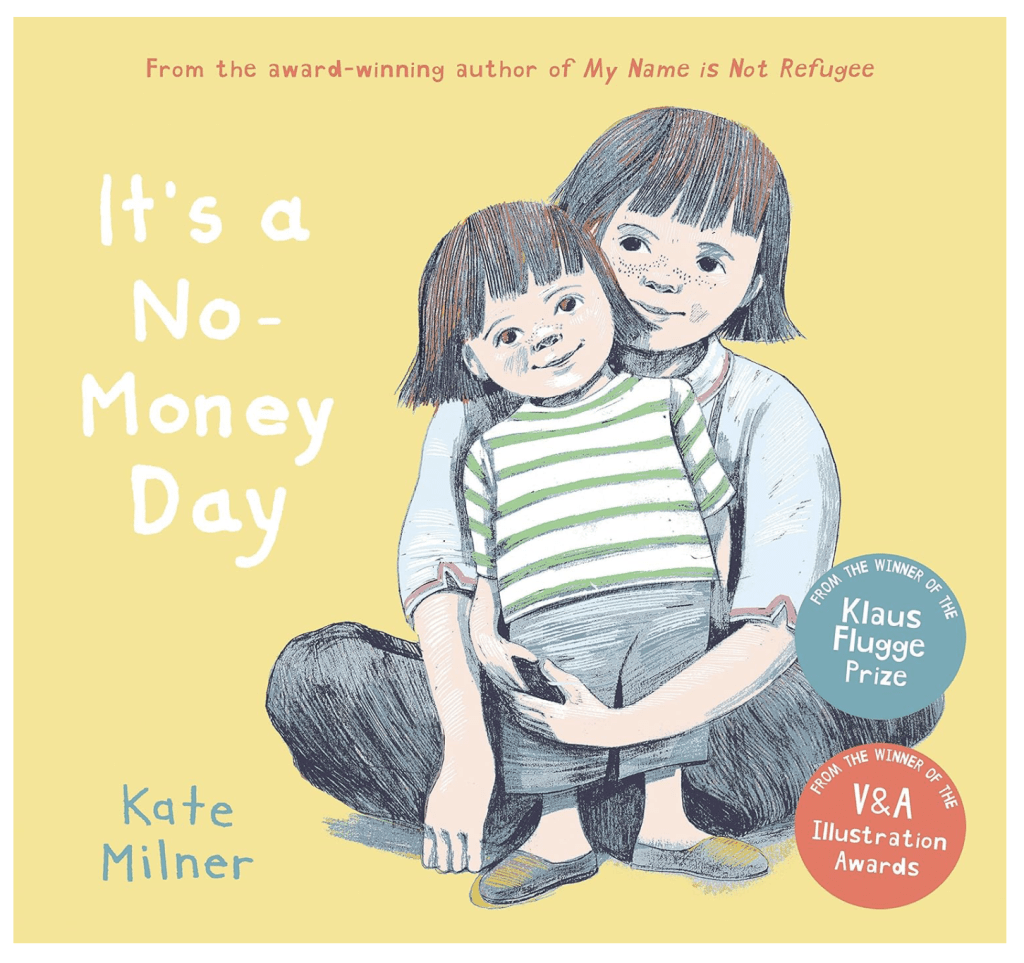
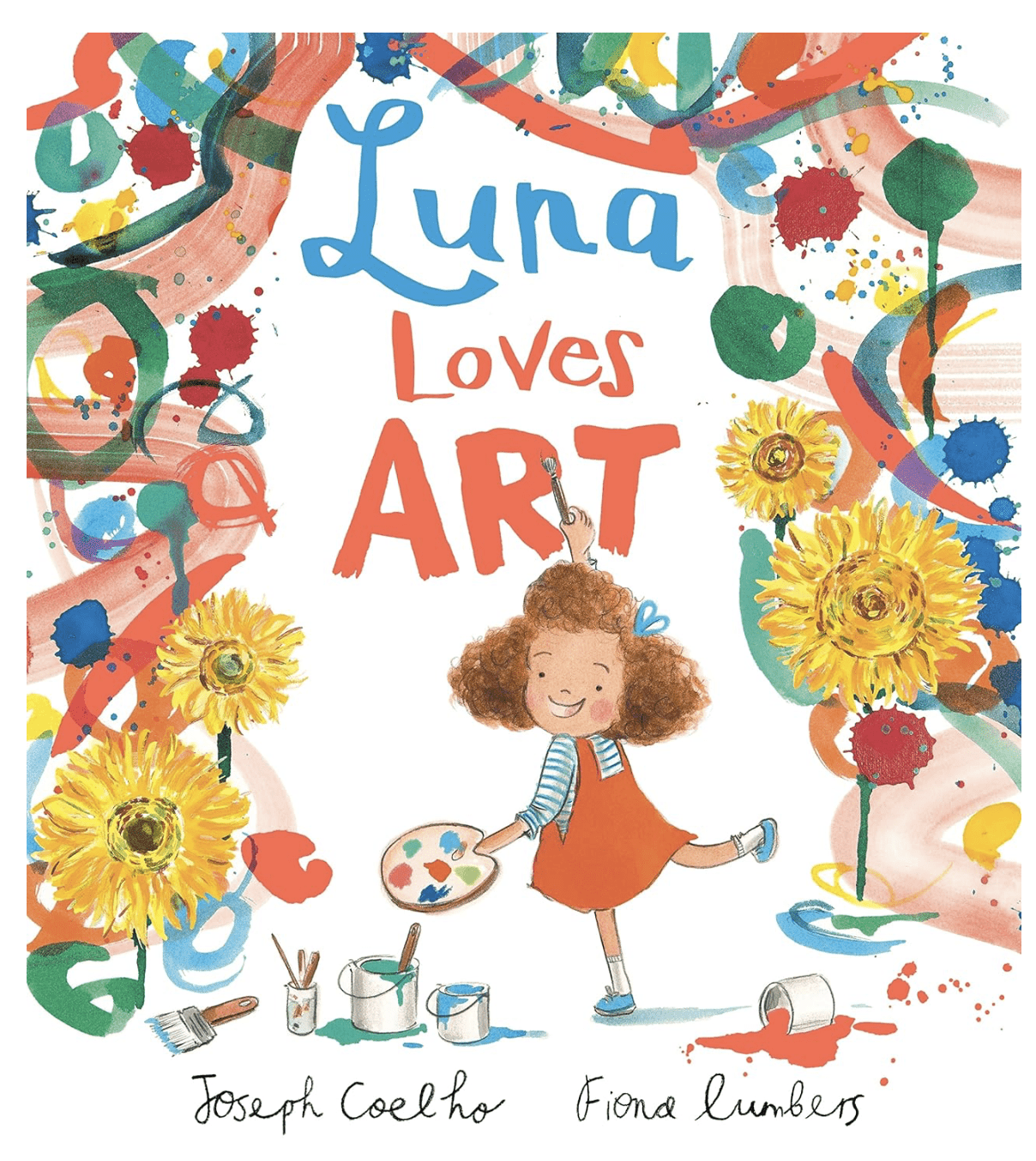
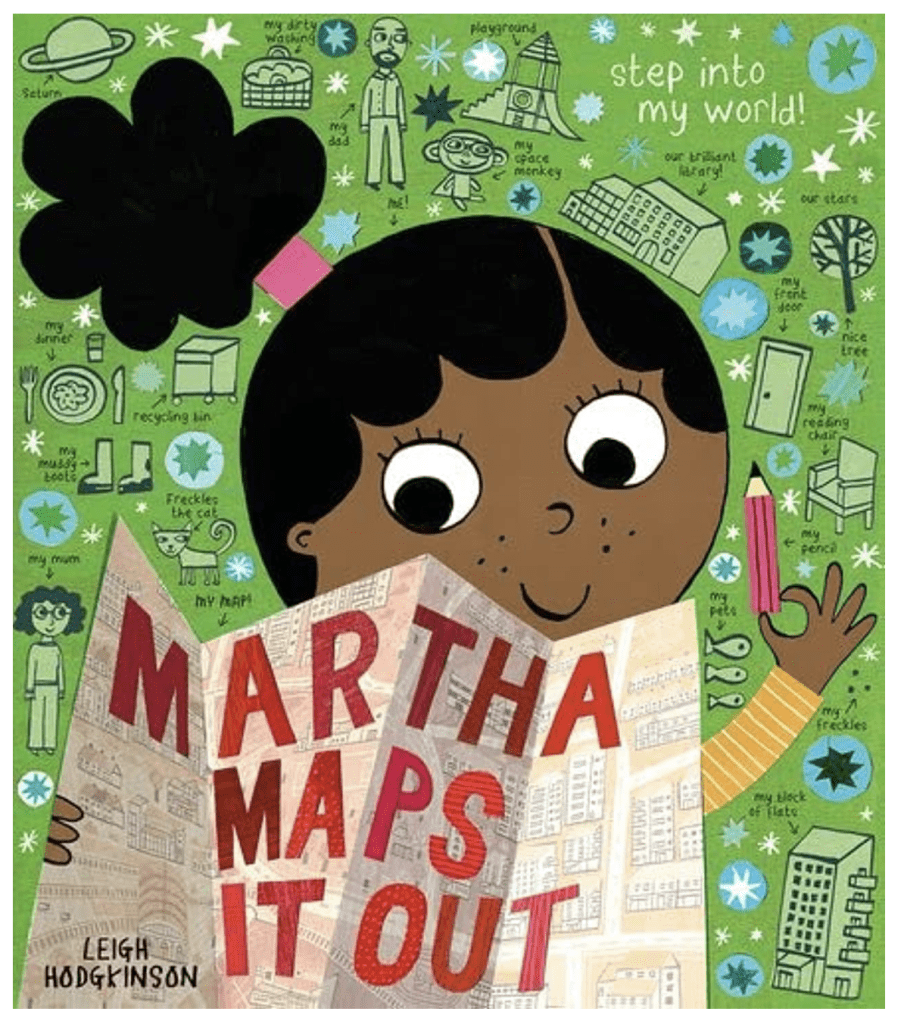
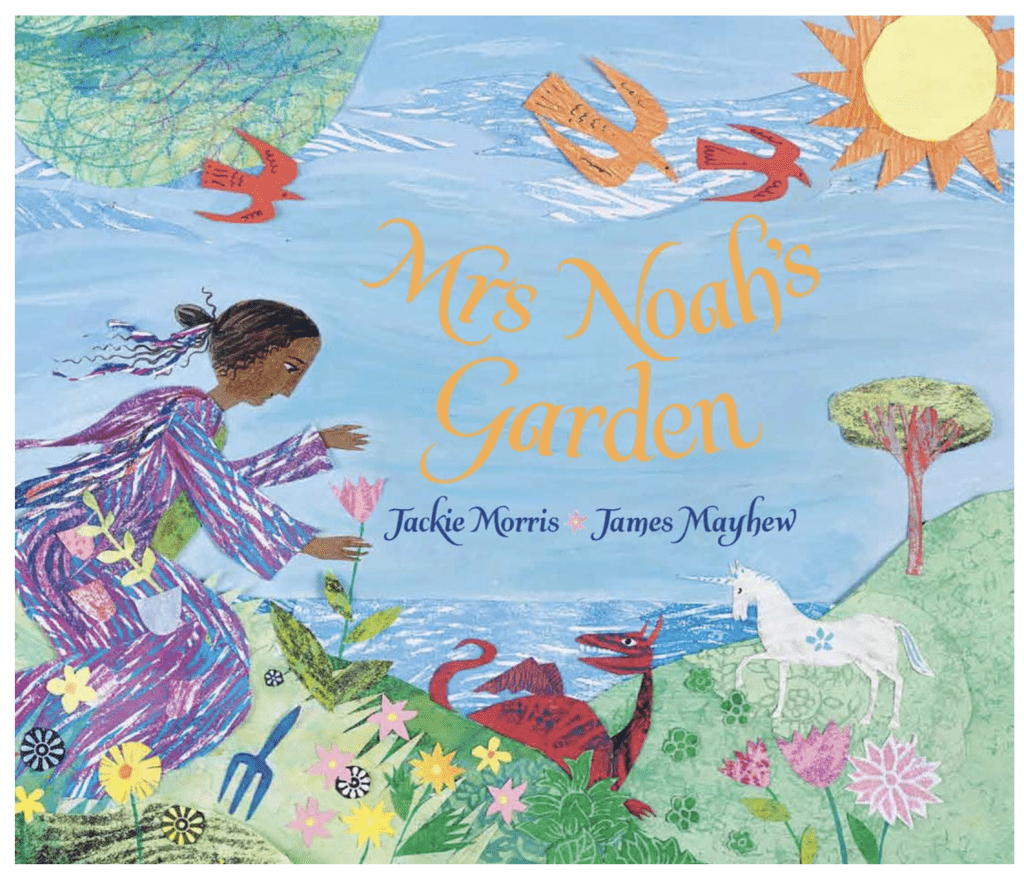
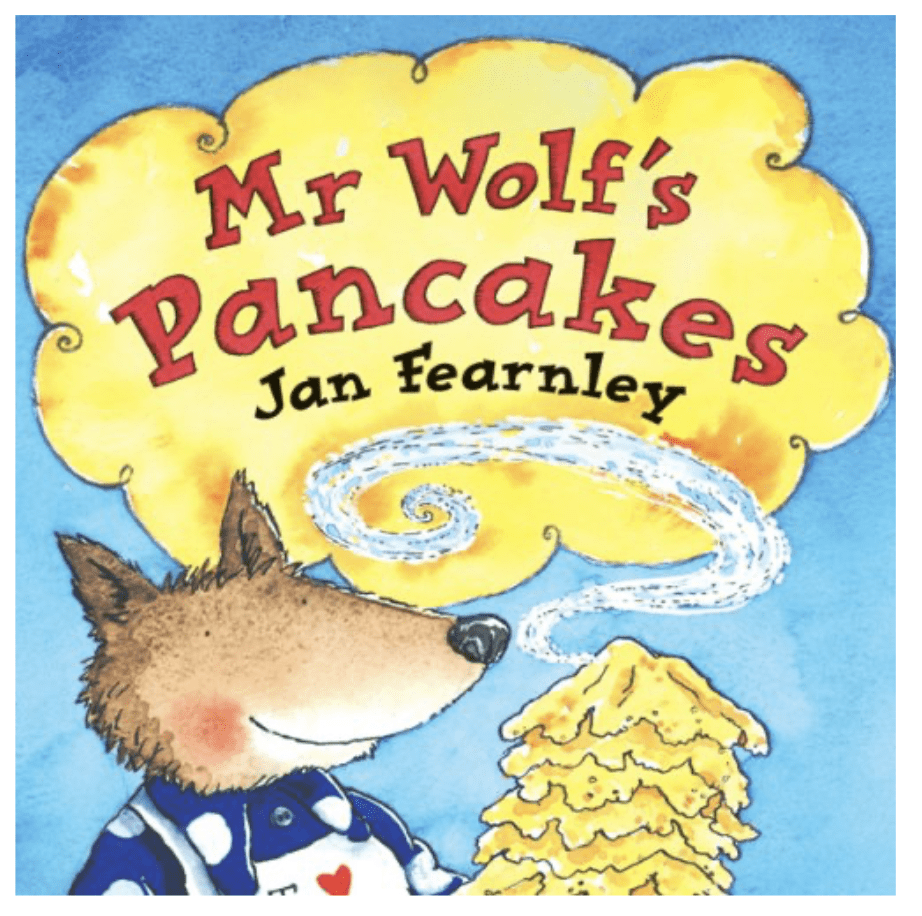
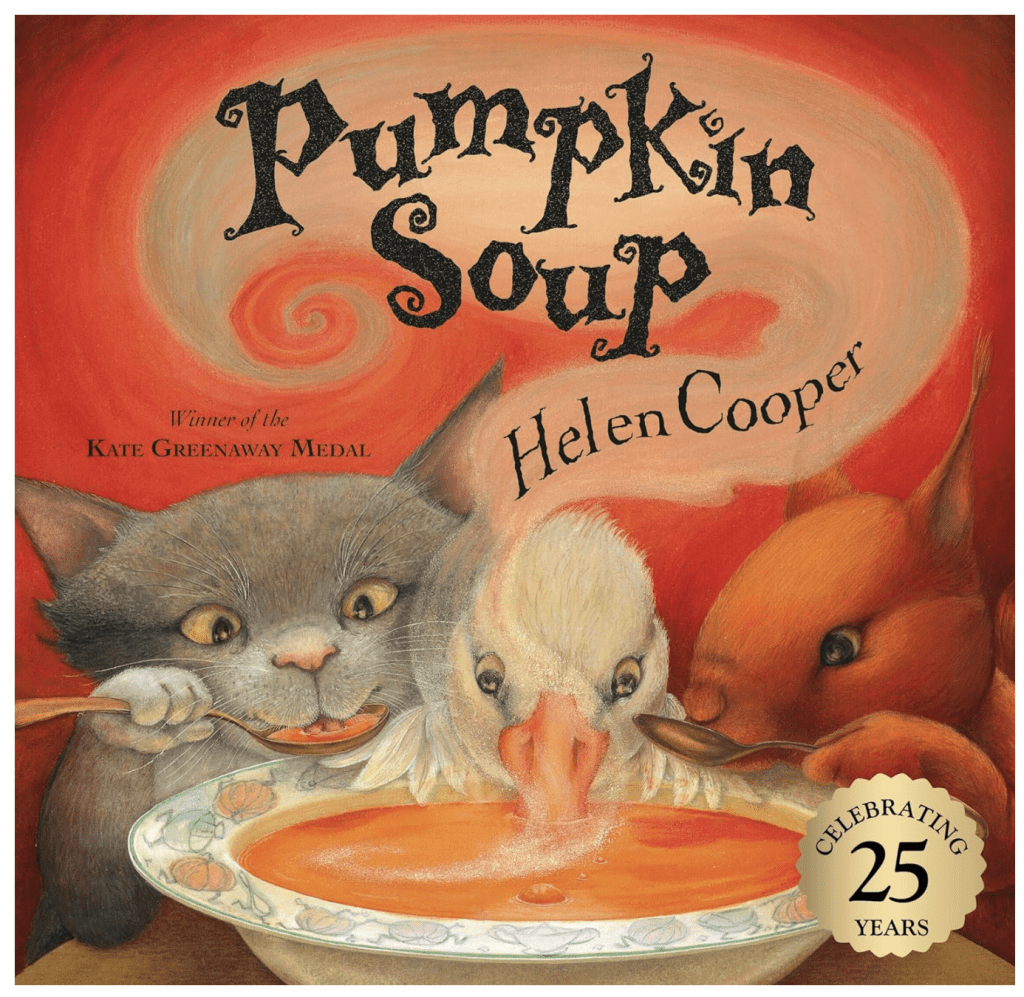
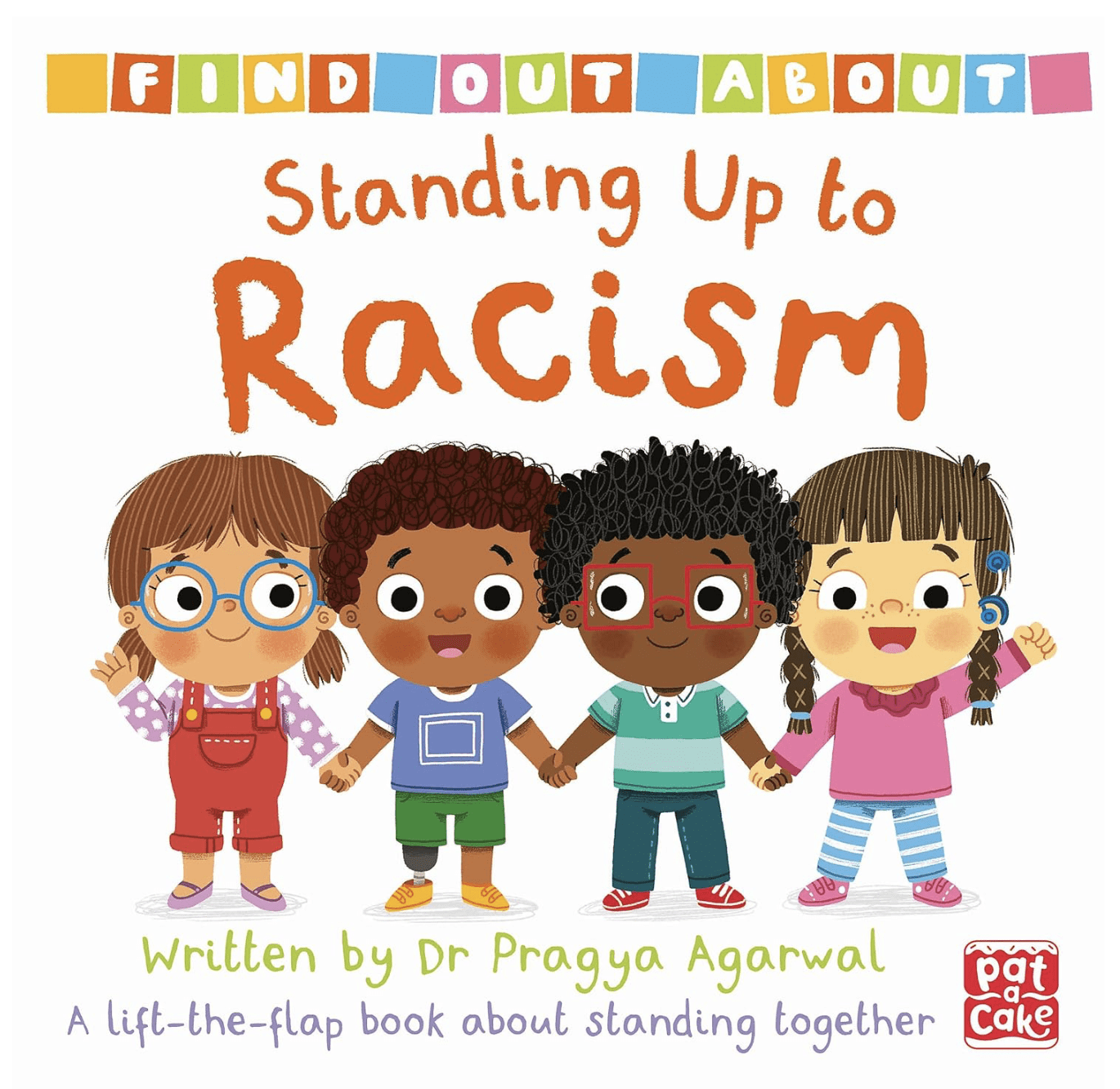
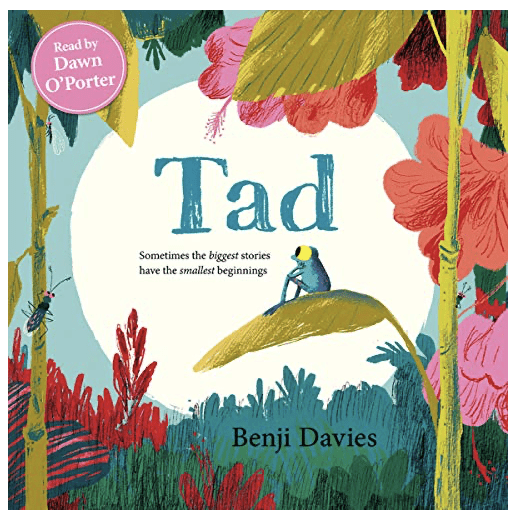
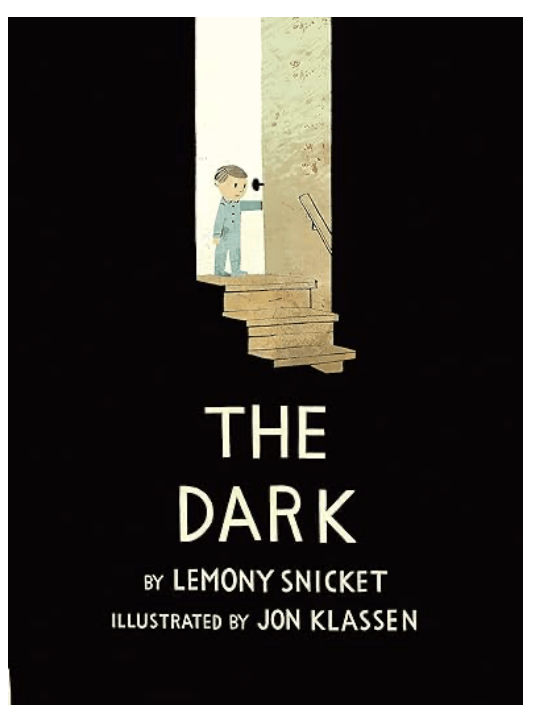
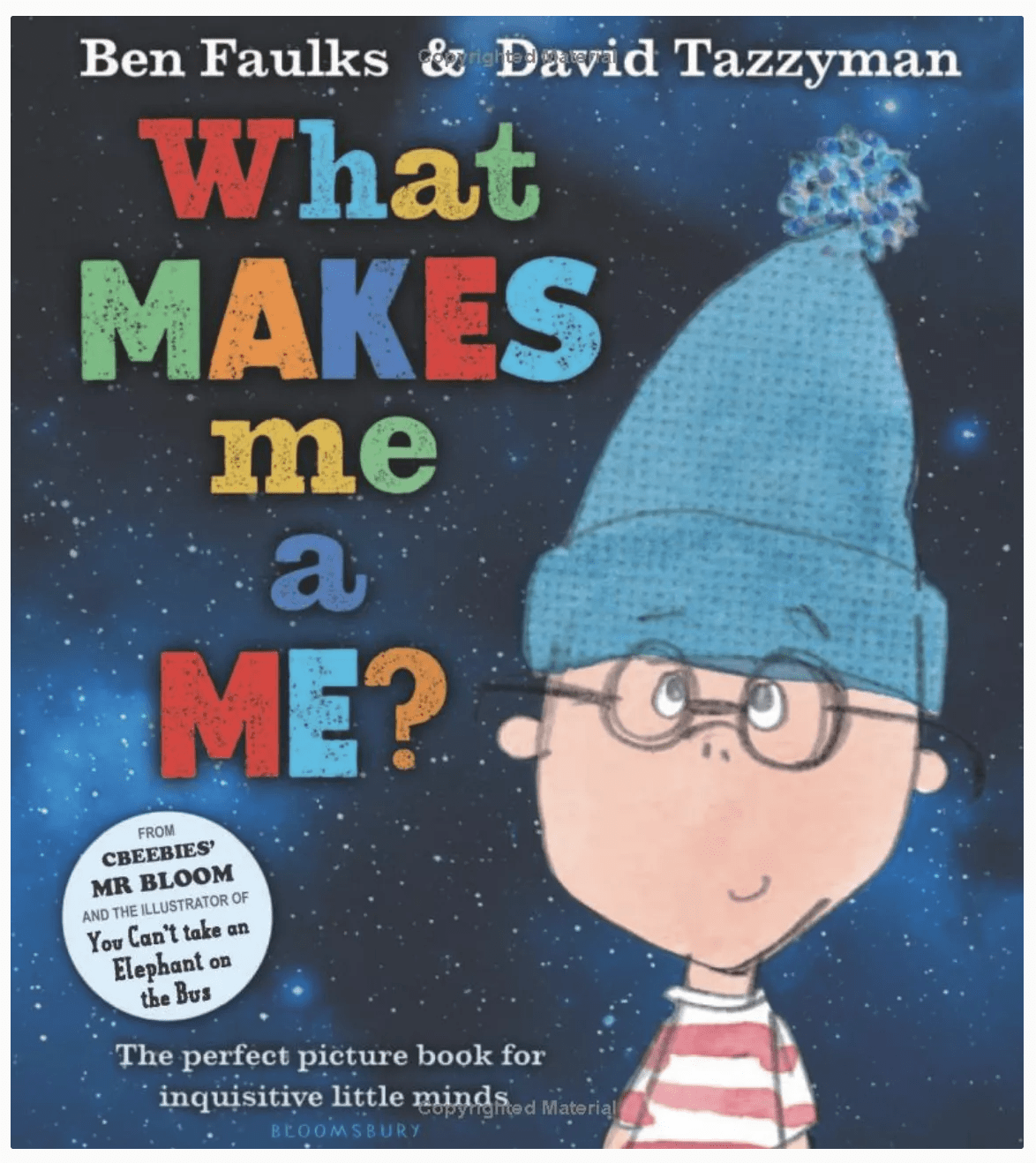

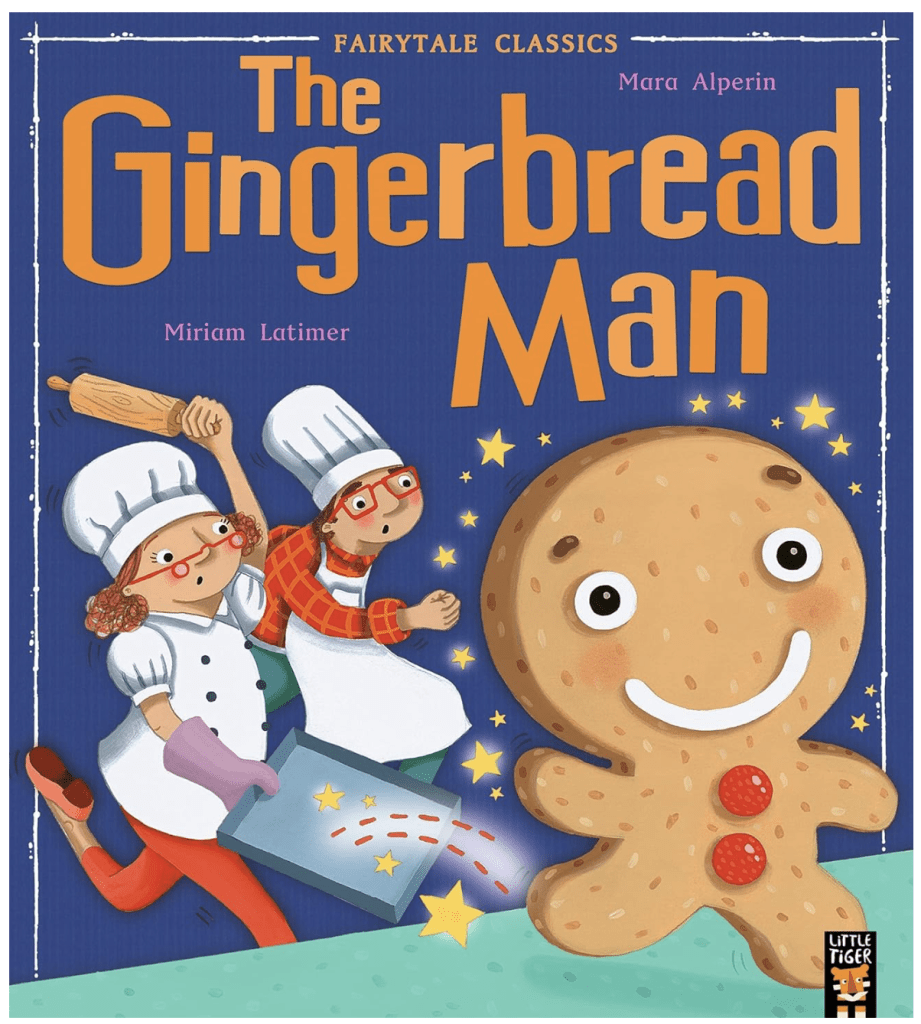
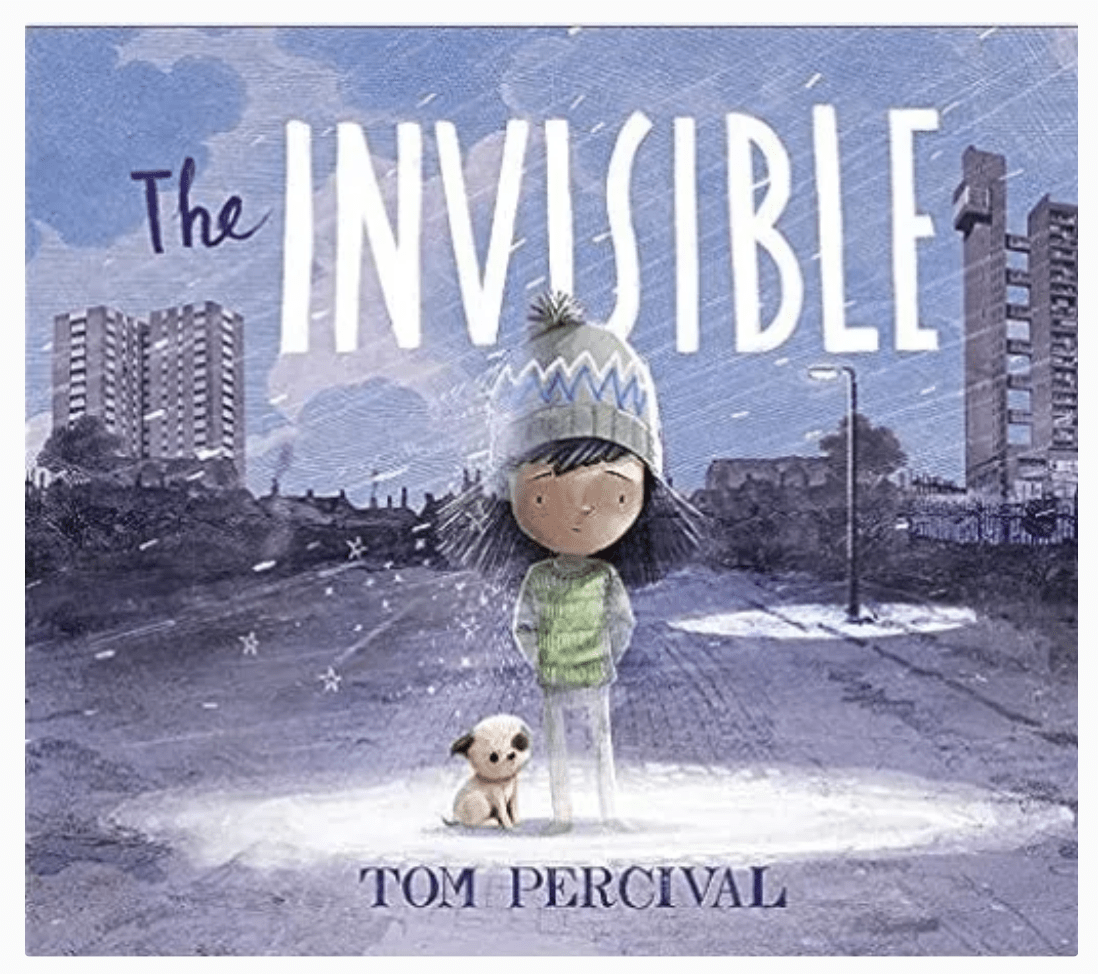
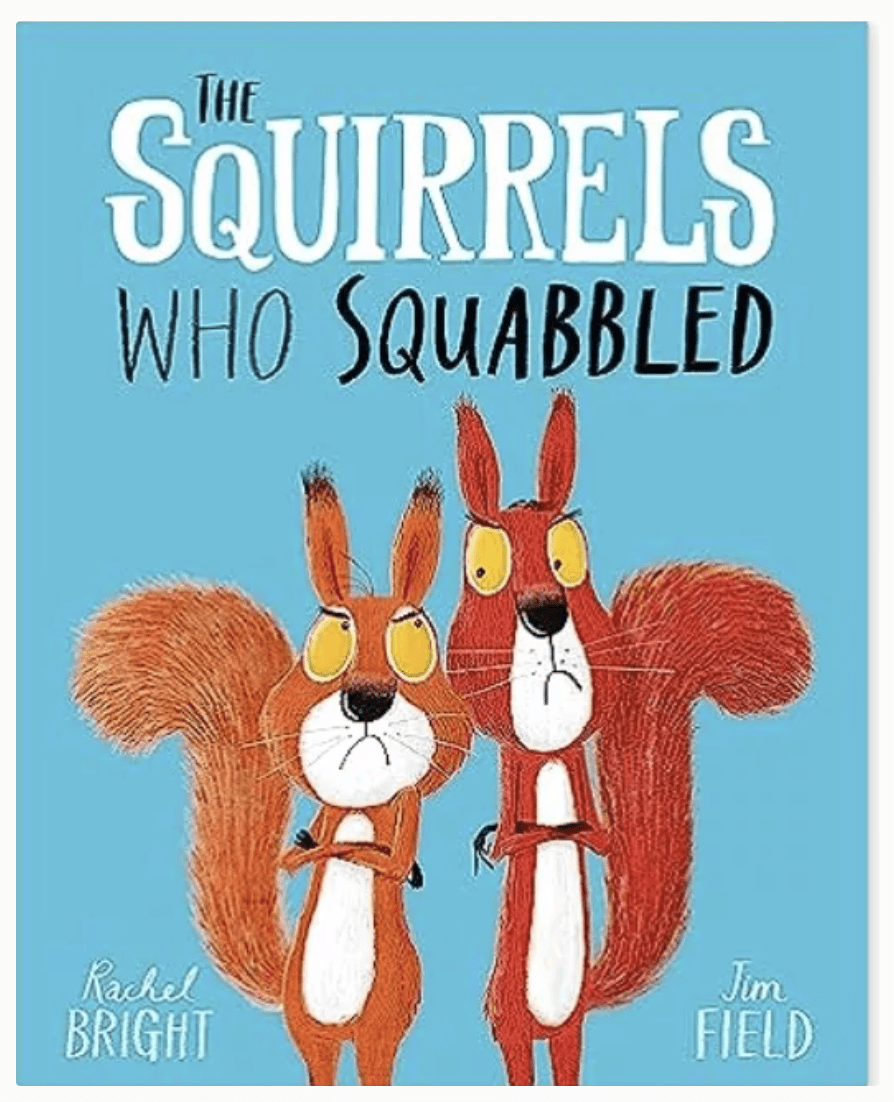
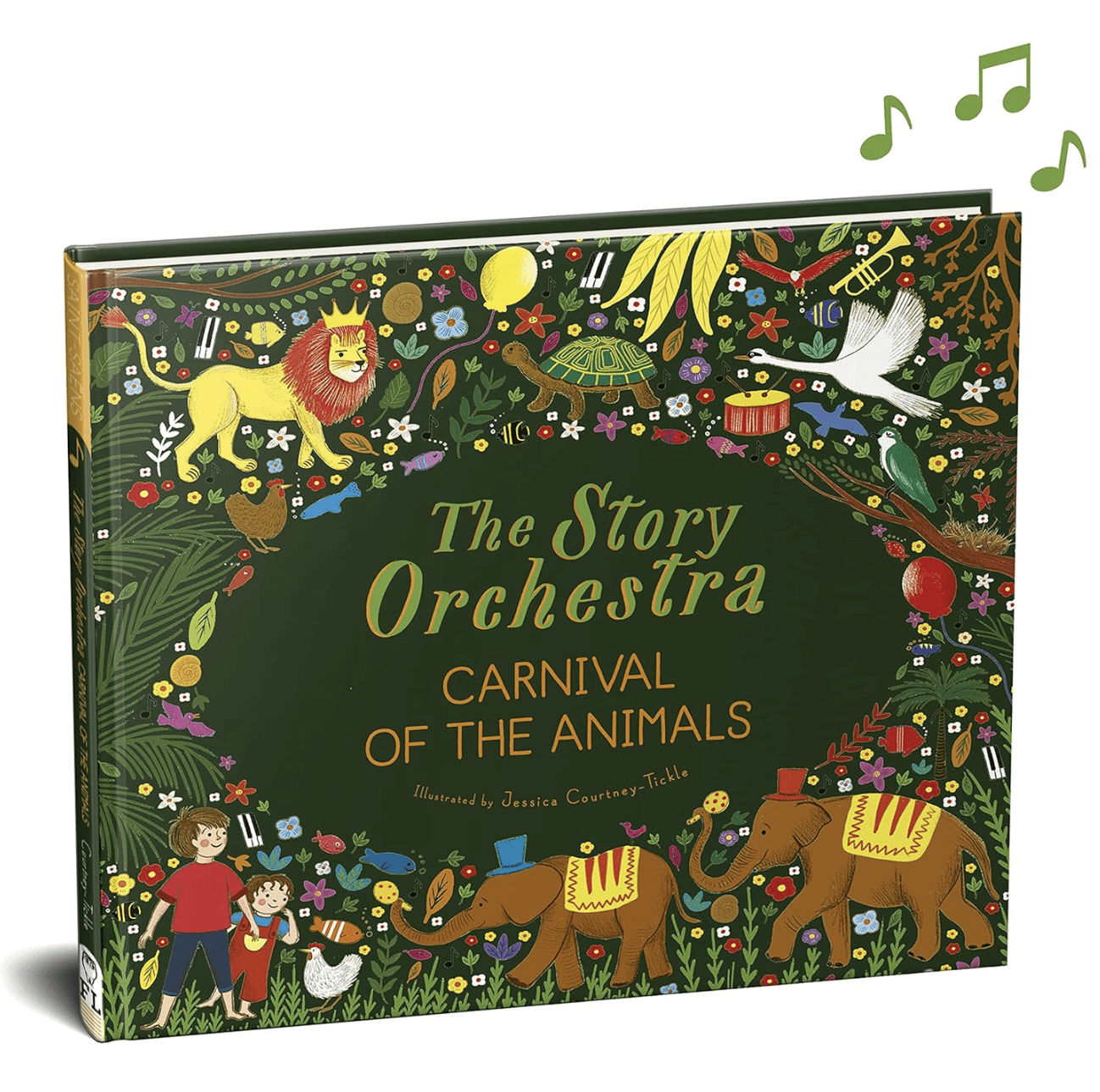
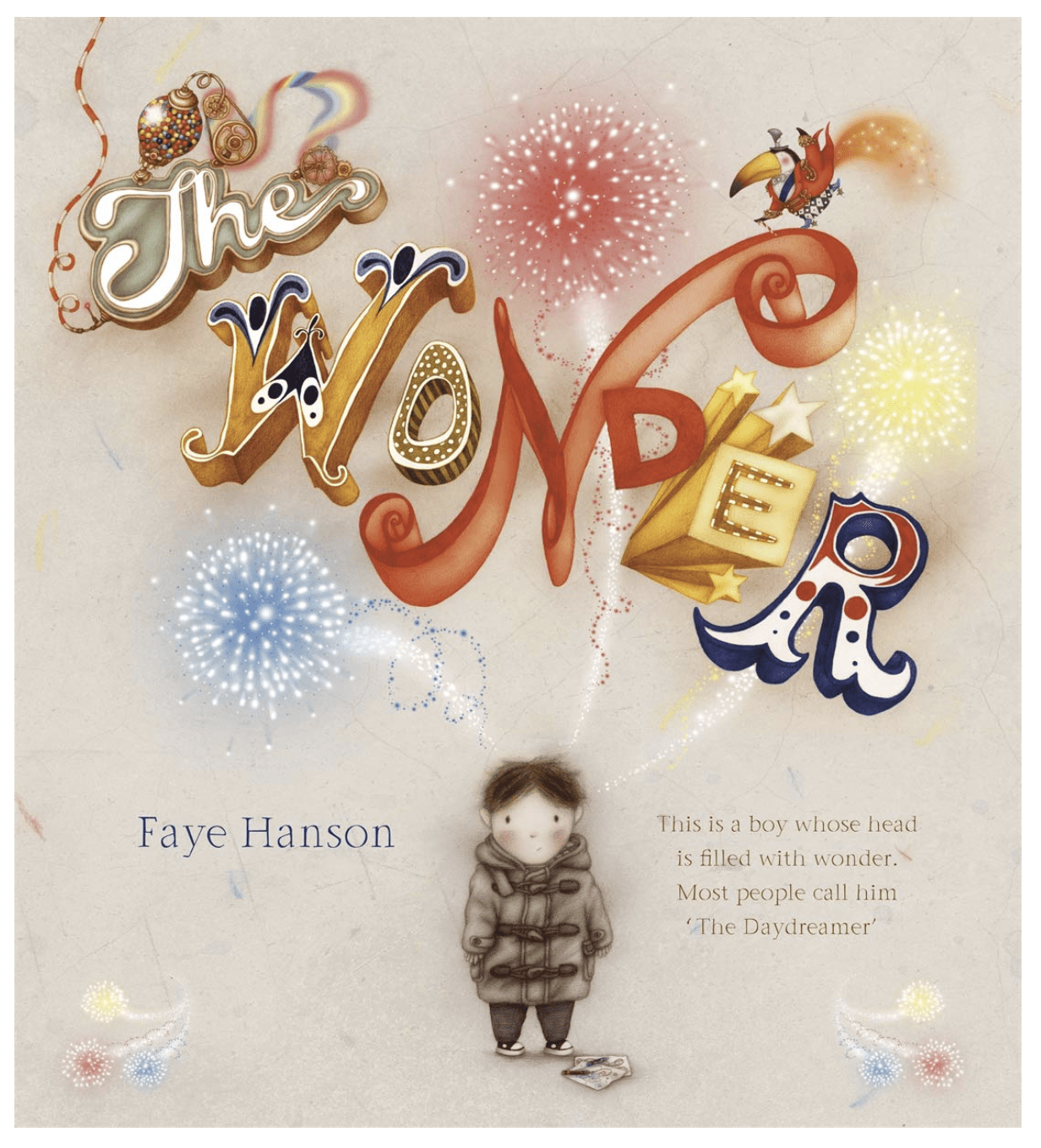
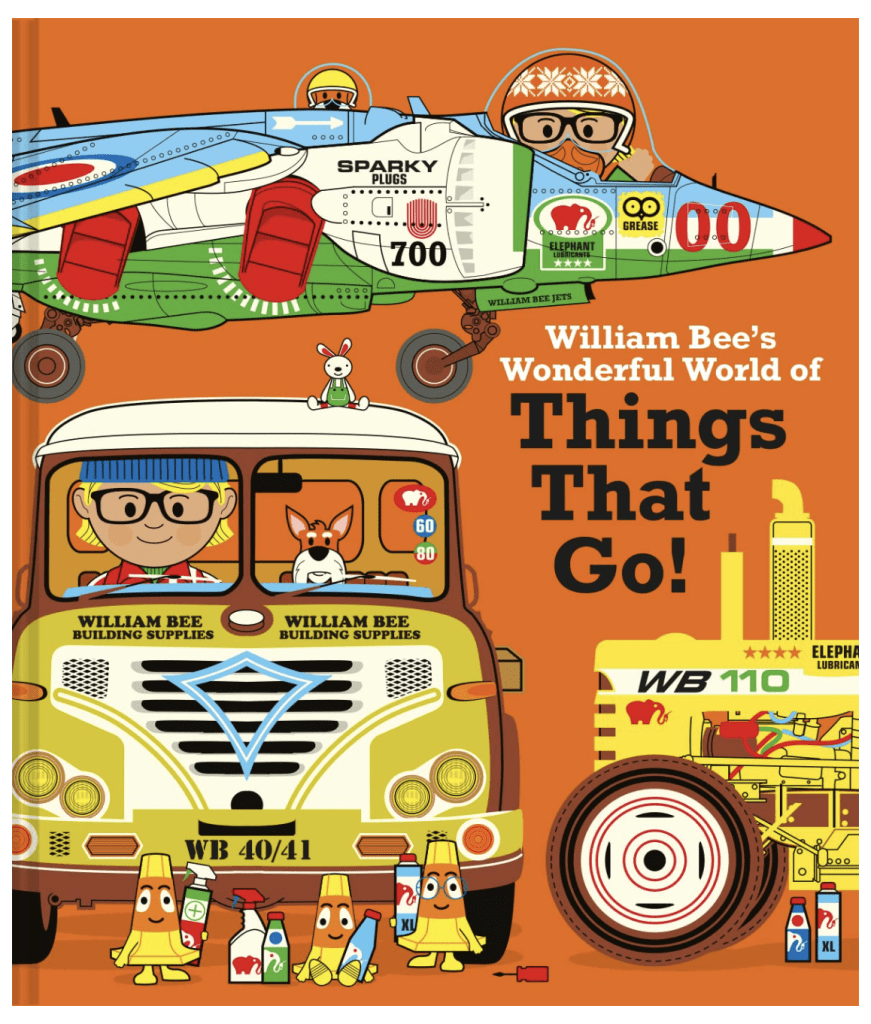
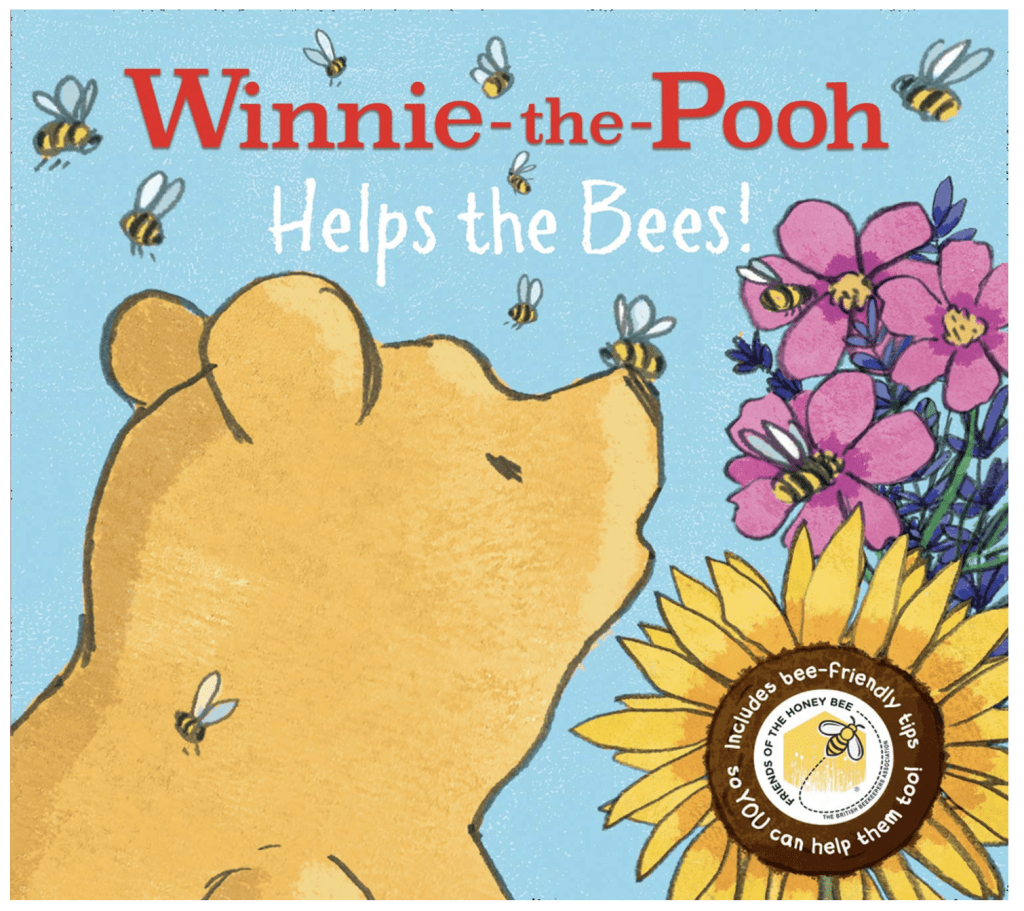
Learning to Read in EYFS
At BLC we recognise that reading is the key that unlocks all future learning, which is why we prioritise reading in our EYFS curriculum. A successful reader combines two key skills, word reading and comprehension. It is our intent to develop both aspects in tandem and to enable our children to succeed.
As well as learning the mechanics to read, we are dedicated to ensuring all children find a passion for reading, so we introduce fiction and non-fiction texts in a wide variety of contexts including oral storytelling, acting, role-play and small world play, familiarising children with the language of story.

As word-reading relies on speedy decoding of unfamiliar words and the fast recognition of familiar ones, we teach for mastery through explicit instruction with Read, Write, Inc. Phonics (RWI). The children in Reception are exposed to an hour of phonics teaching a day, which may be divided into shorter lessons at the beginning of the year. We apply a rigorous approach to the teaching and tracking of phonemes, oral and independent blending, assessing weekly and termly, and responding to this by regularly adapting our teaching for maximum effect.
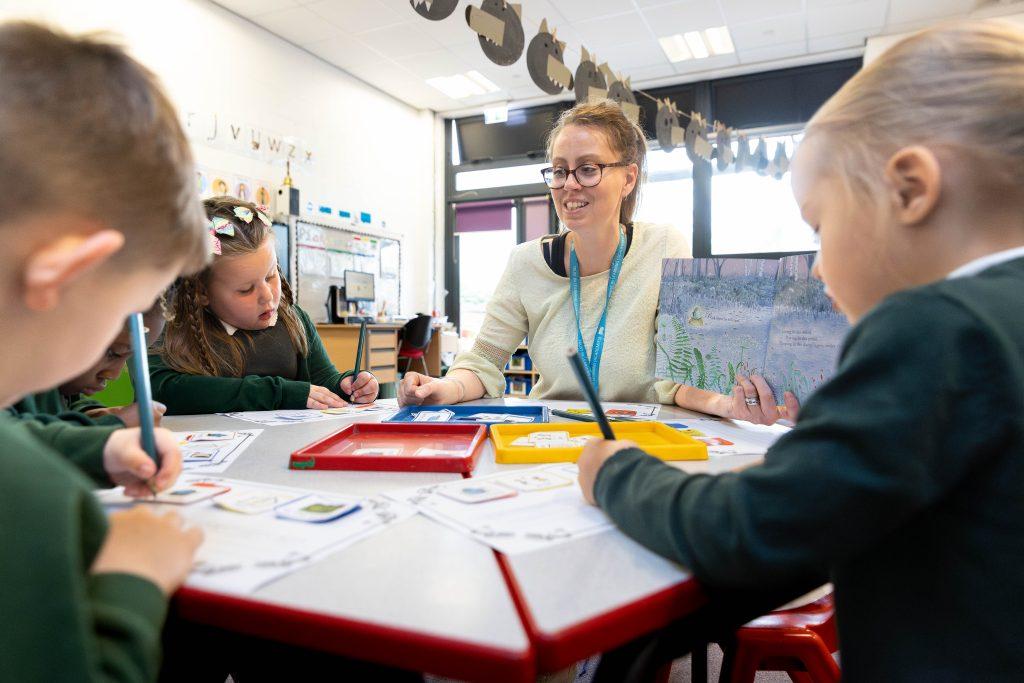
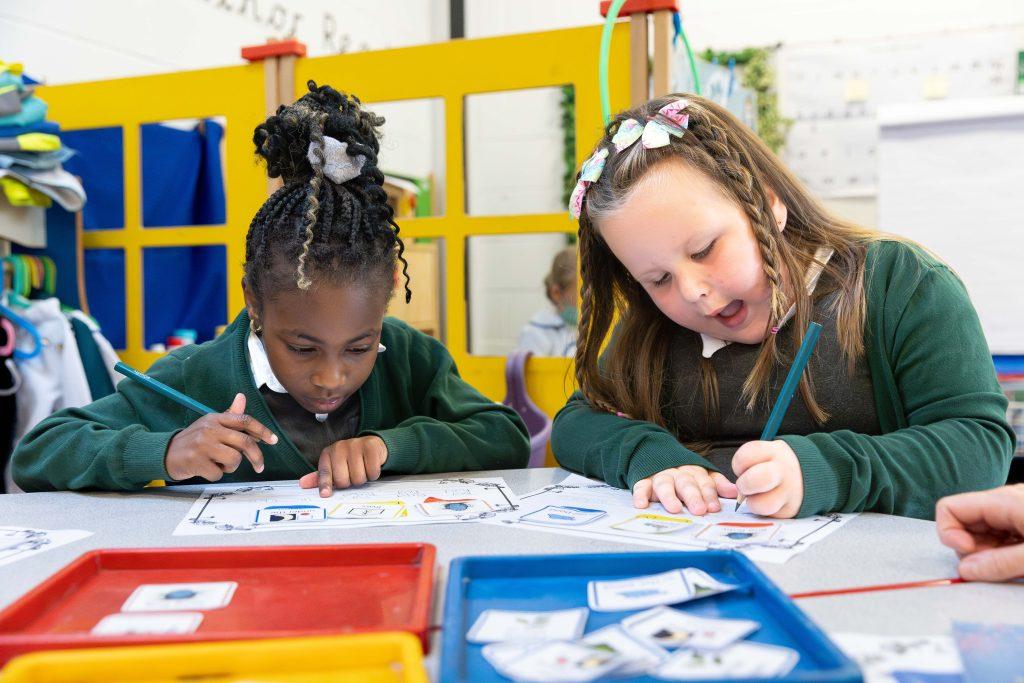
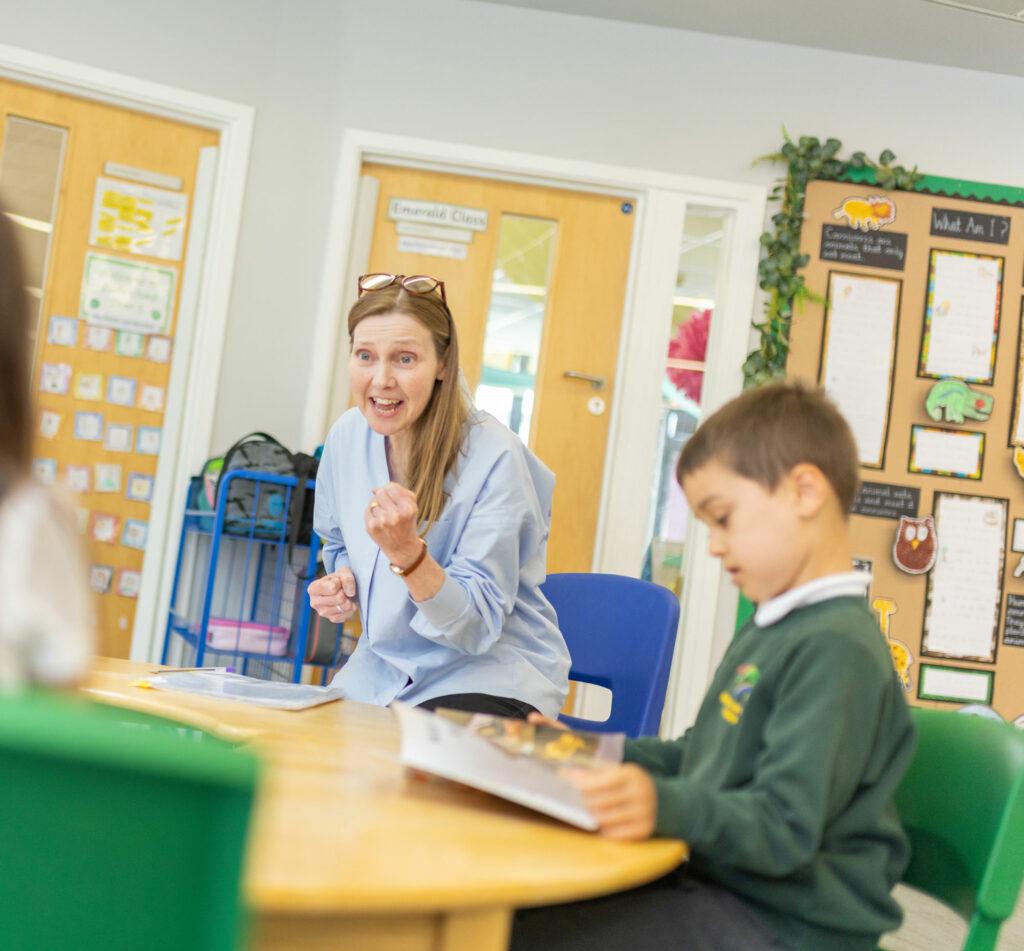
From the first week in school, children are introduced to phonemes using the RWI Strong Start progression. They are also introduced to games and activities to encourage the development of oral blending skills. By the end of the autumn term, we expect children to know all 25 single phonemes and to be orally blending independently. We expect all children to make at least the anticipated progress, with many making accelerated progress and support them to do so.
| Term | Autumn 1 | Autumn 2 | Spring 1 | Spring 2 | Summer 1 | Summer 2 |
| Reception children can: | Read first 16 single-letter Set 1 sounds | Read all Set 1 sounds; blend sounds into words orally. | Blend sounds to read words; read short Ditty stories. | Read Red Storybooks. | Read Green Storybooks. Read some Set 2 sounds. | Read Green or Purple Storybooks. |
You can access many support tutorial videos for parents and carers on the Oxford Owl website, which provide details ideas and advice on pronouncing pure sounds, blending and digraphs.
Here are some of the video tutorials available:
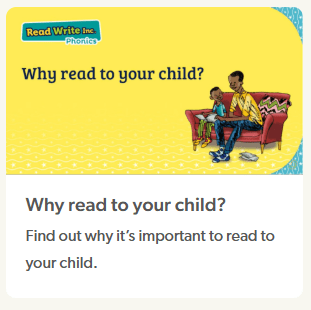
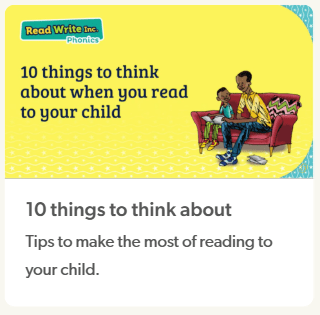
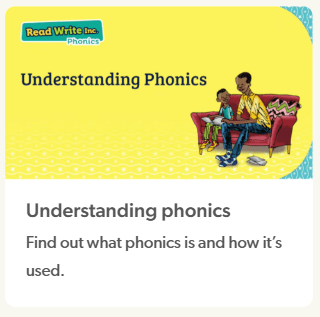
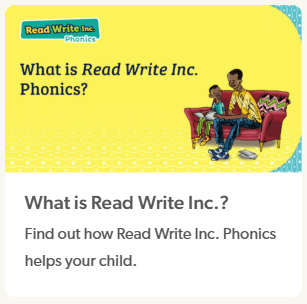
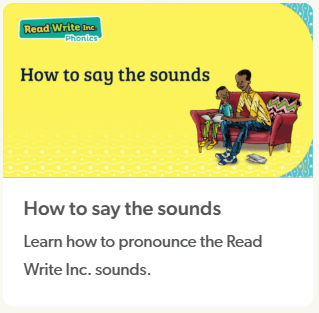
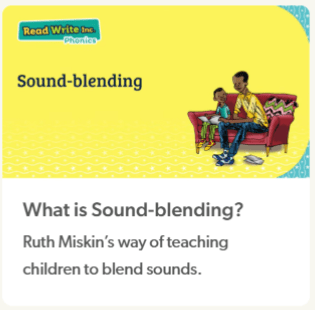
As a school, we have subscribed to the Oxford Owl RWI eBook library. This allows children to sign in from home and have access to the reading books they bring home from school but as an eBook. The children will be given a reminder of their Oxford Owl log in details. Sometimes teachers will set specific books for your child to read but also your child can have a look through the wide collection and choose for themselves. There are quizzes that go with each book too.
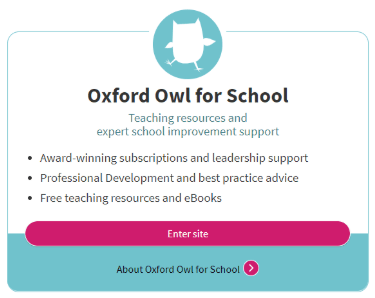
Parent Guide to Oxford Owl eBooks
Here is a guide to support you in helping your child to read the Read Write Inc eBooks on Oxford Owl.
RWI eBook Library Parent Letter
Mathematics in EYFS
Maths is taught in-line with the objectives from the EYFS Profile in Reception. We use an approach called Number Sense as the basis for our teaching and learning. We aim to build a deep understanding of number and number relationships and develop fluency in foundational mathematical facts and concepts.
Our systematic approach to the teaching of maths provides a coherent teaching sequence to develop a deep understanding of numbers to 10. Pupils spend the majority of their time learning efficient and accurate methods of counting and developing a deep conceptual understanding of key number facts, numerical patterns and spatial reasoning. Children engage in a whole-class maths lesson daily; they are challenged to apply their knowledge to practical problems using a range of concrete resources, pictures and critical thinking, and inspired to interpret the mathematical world around them during provision. Broadly speaking, pupil knowledge and understanding develops from the concrete to the pictorial and on to the abstract.
The year is structured to build and consolidate mathematical knowledge effectively. Children working within any one class may be working at different points of the spectrum. Teachers use their own assessments to scaffold classroom teaching accordingly.
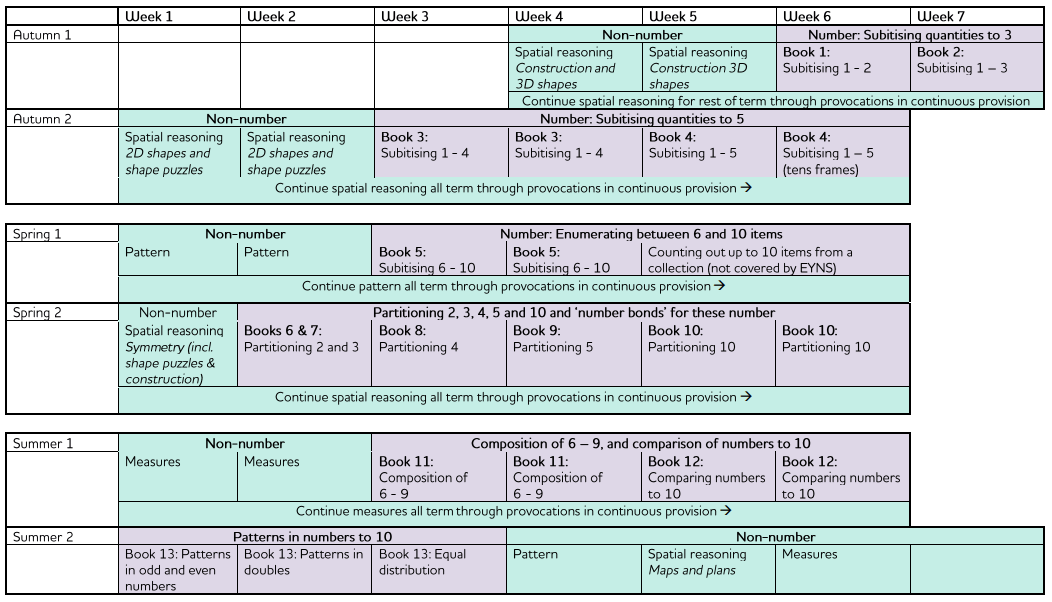
The following documents provide visual representations for the six areas of the EYFS framework:
